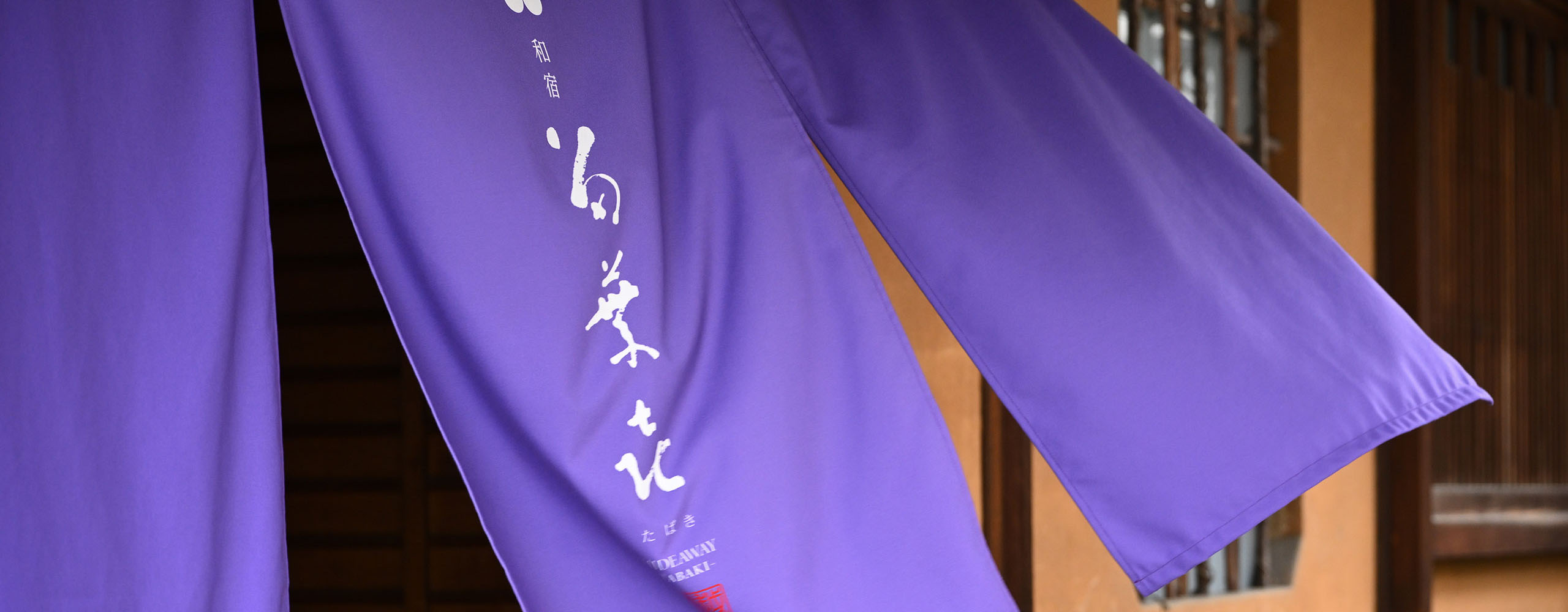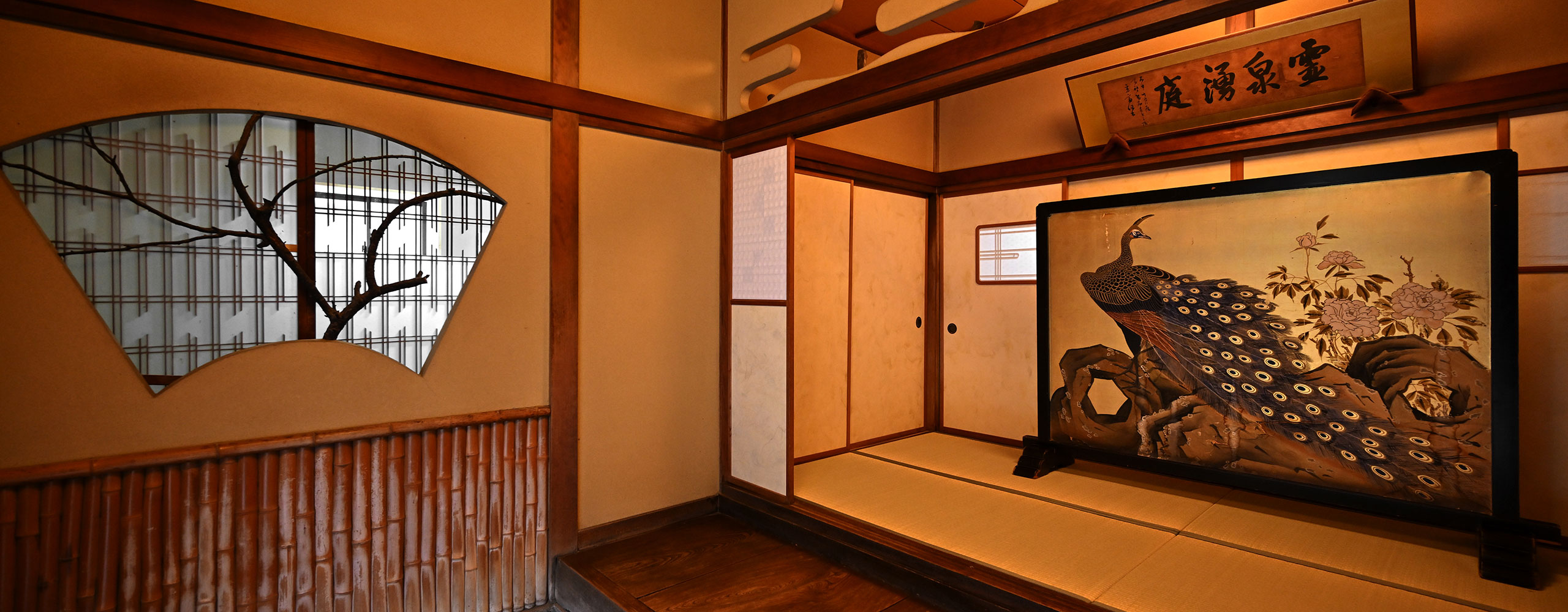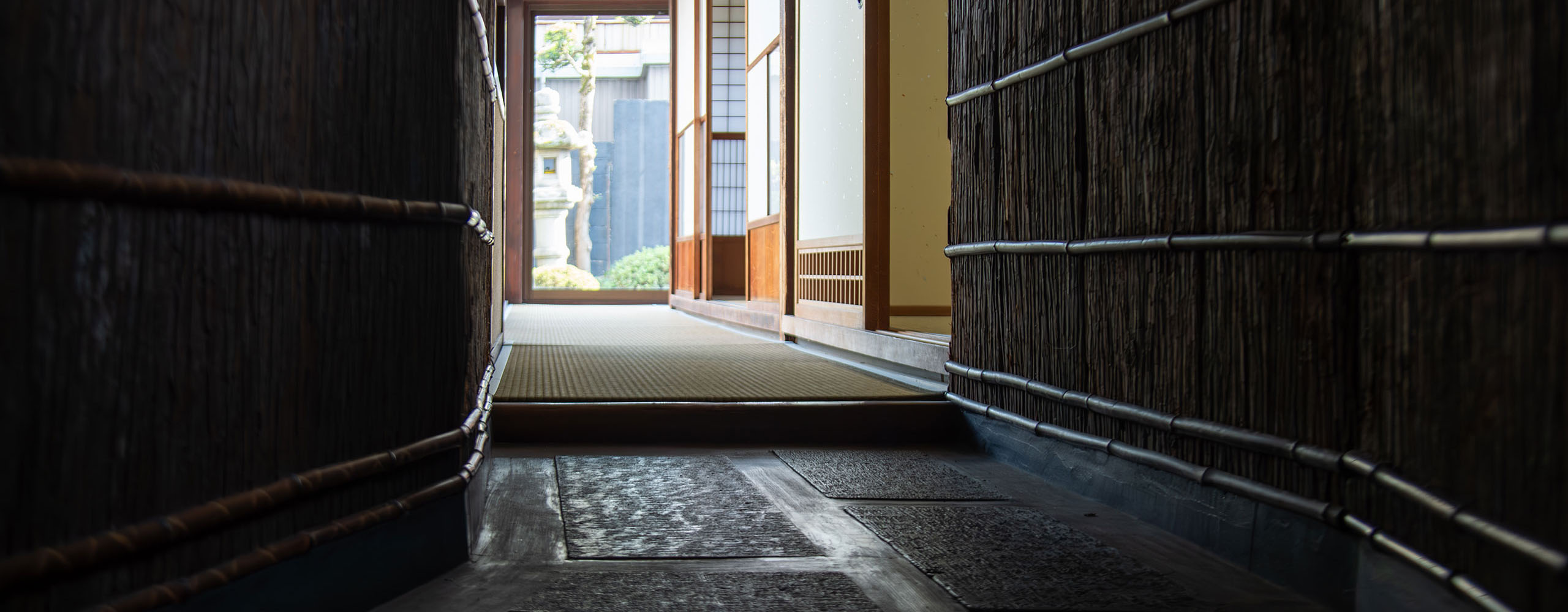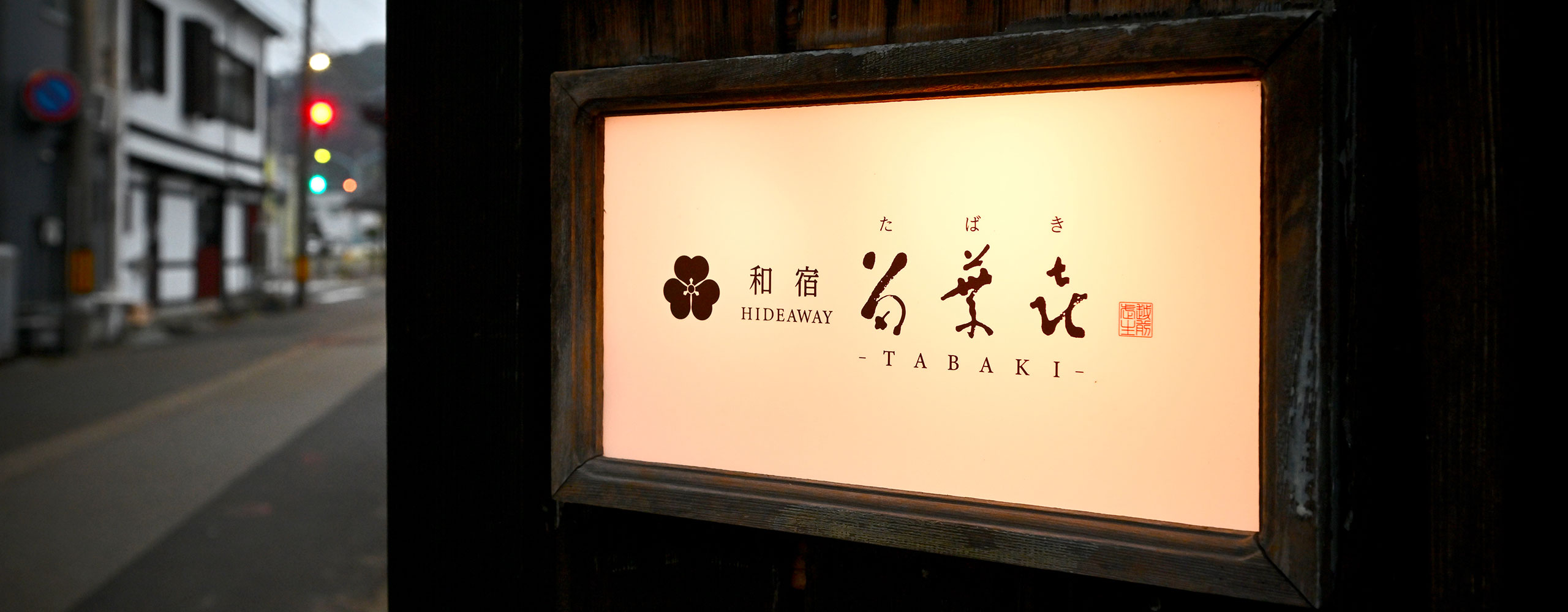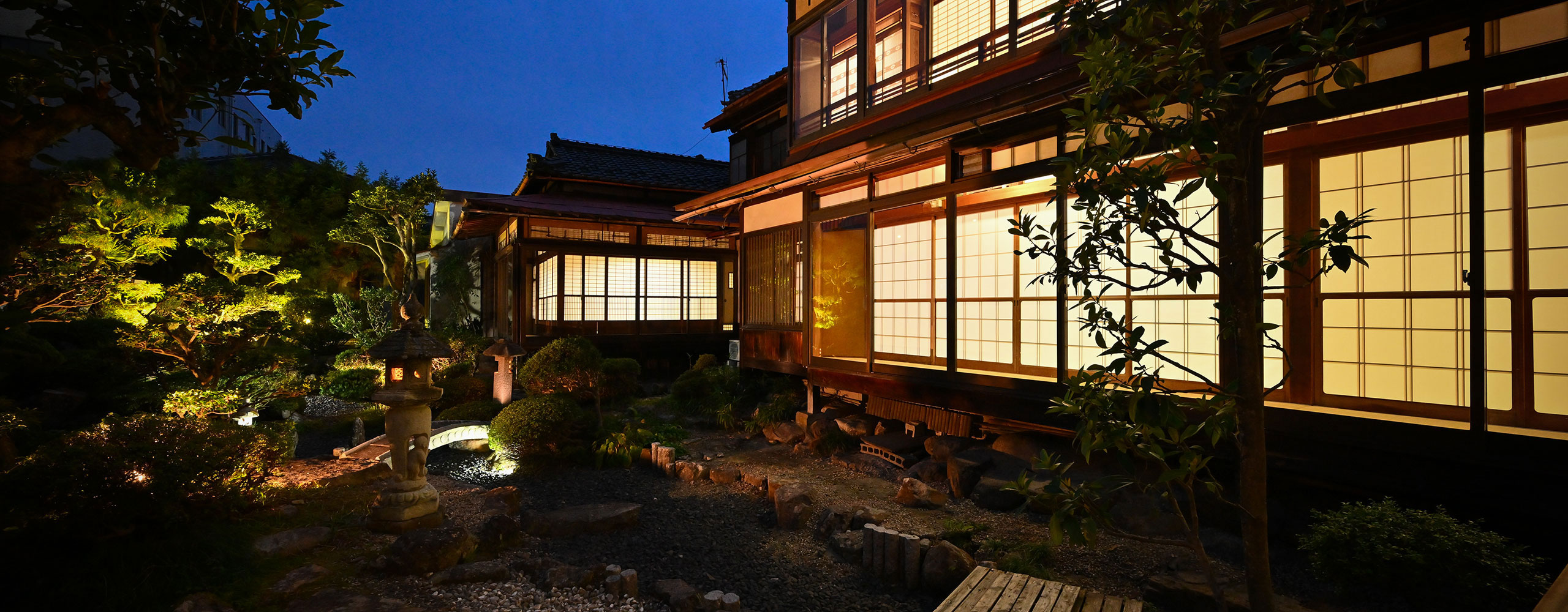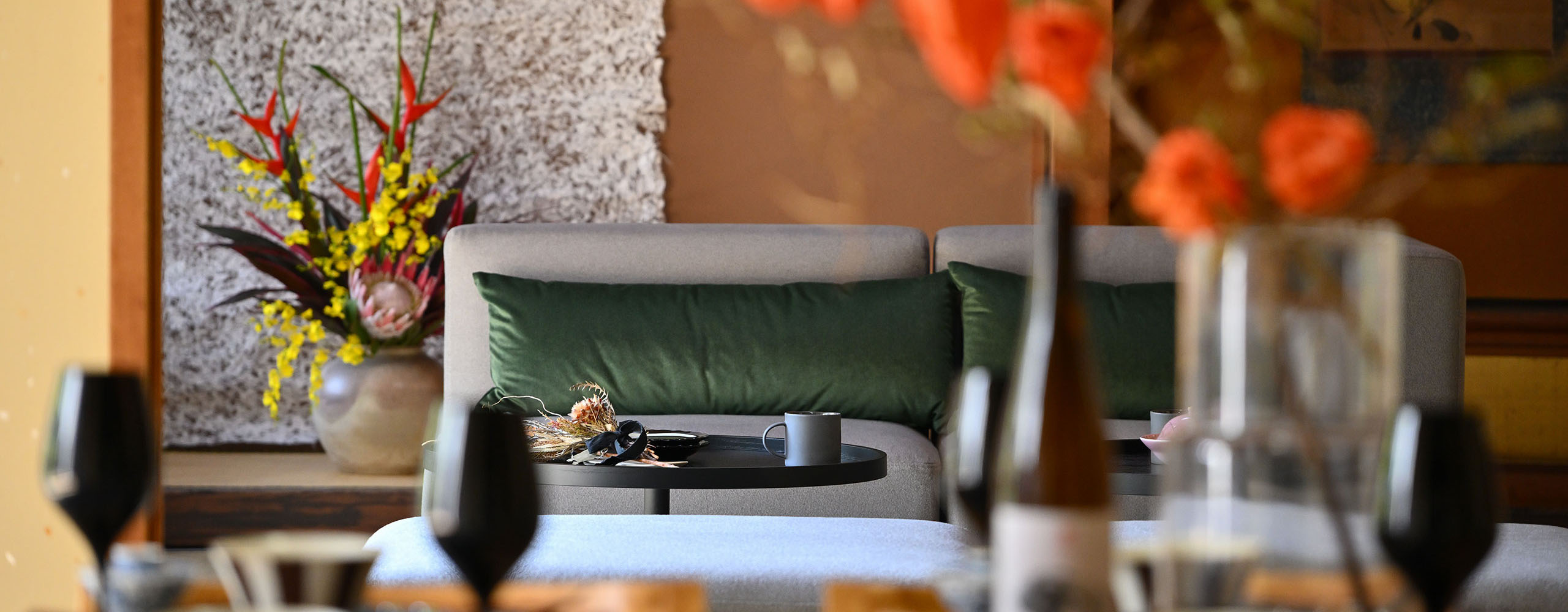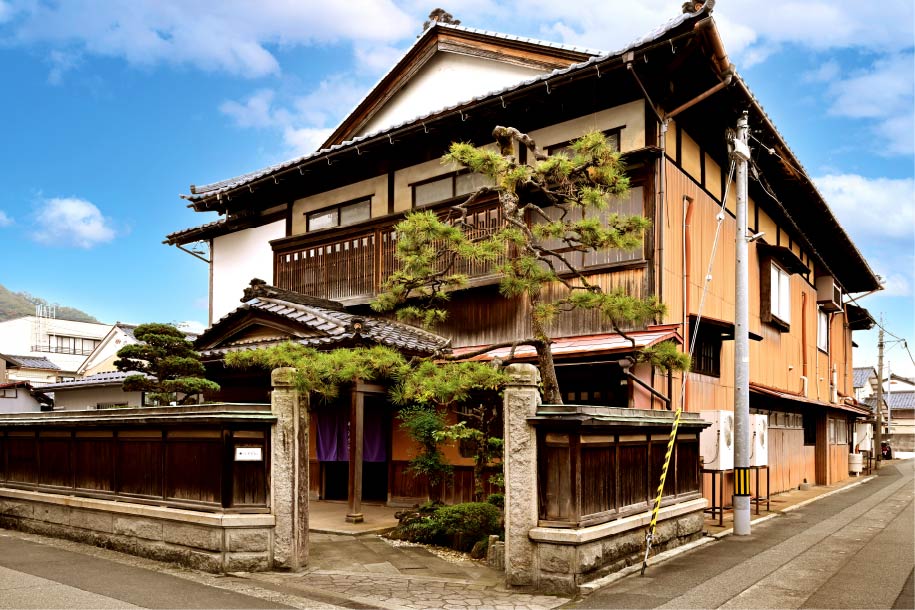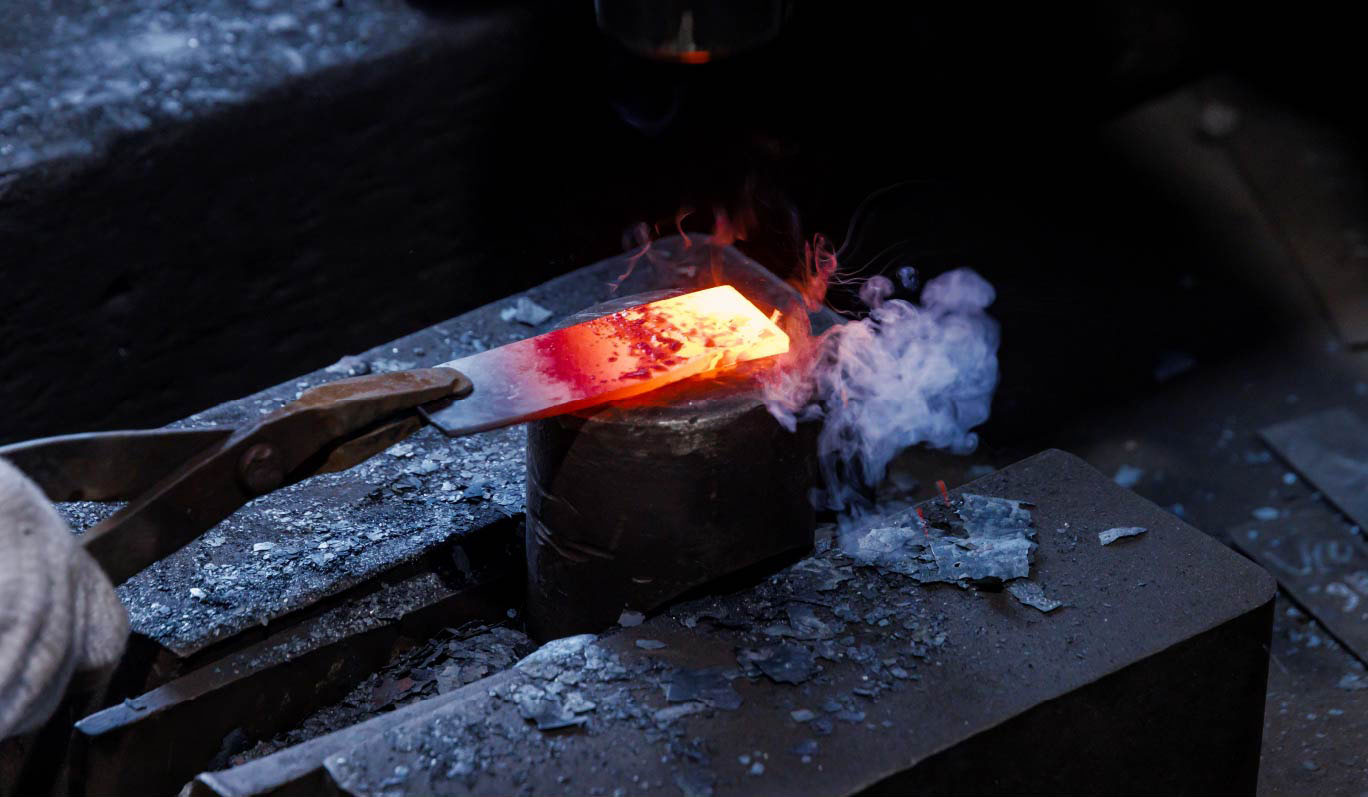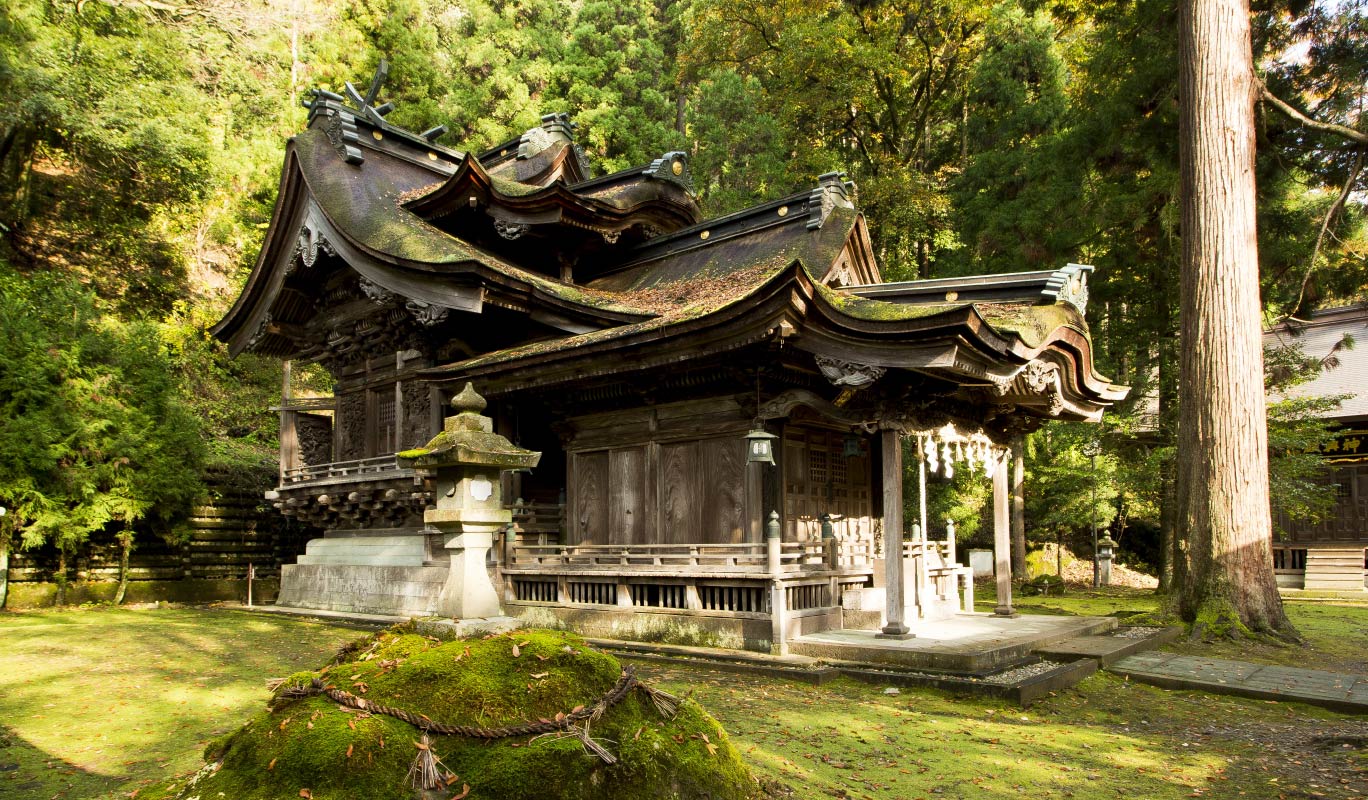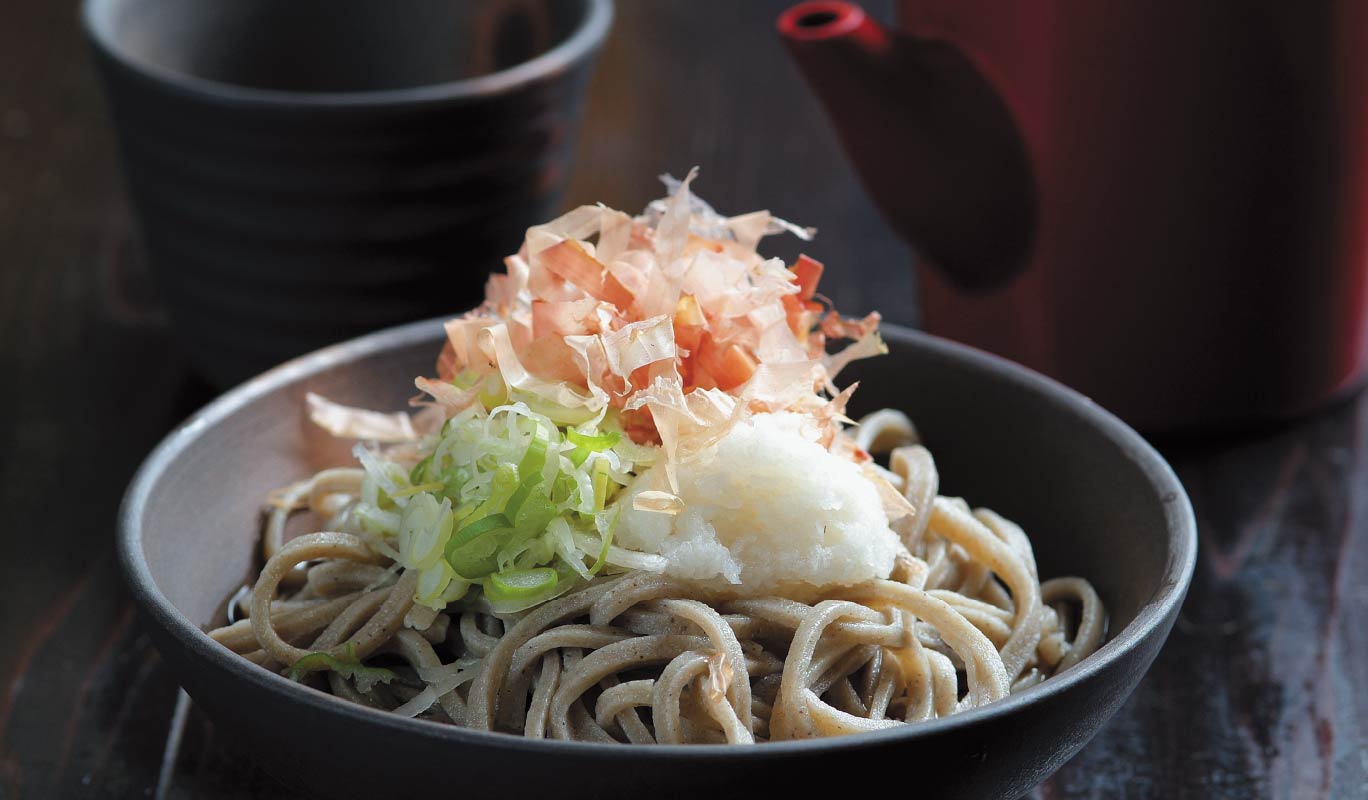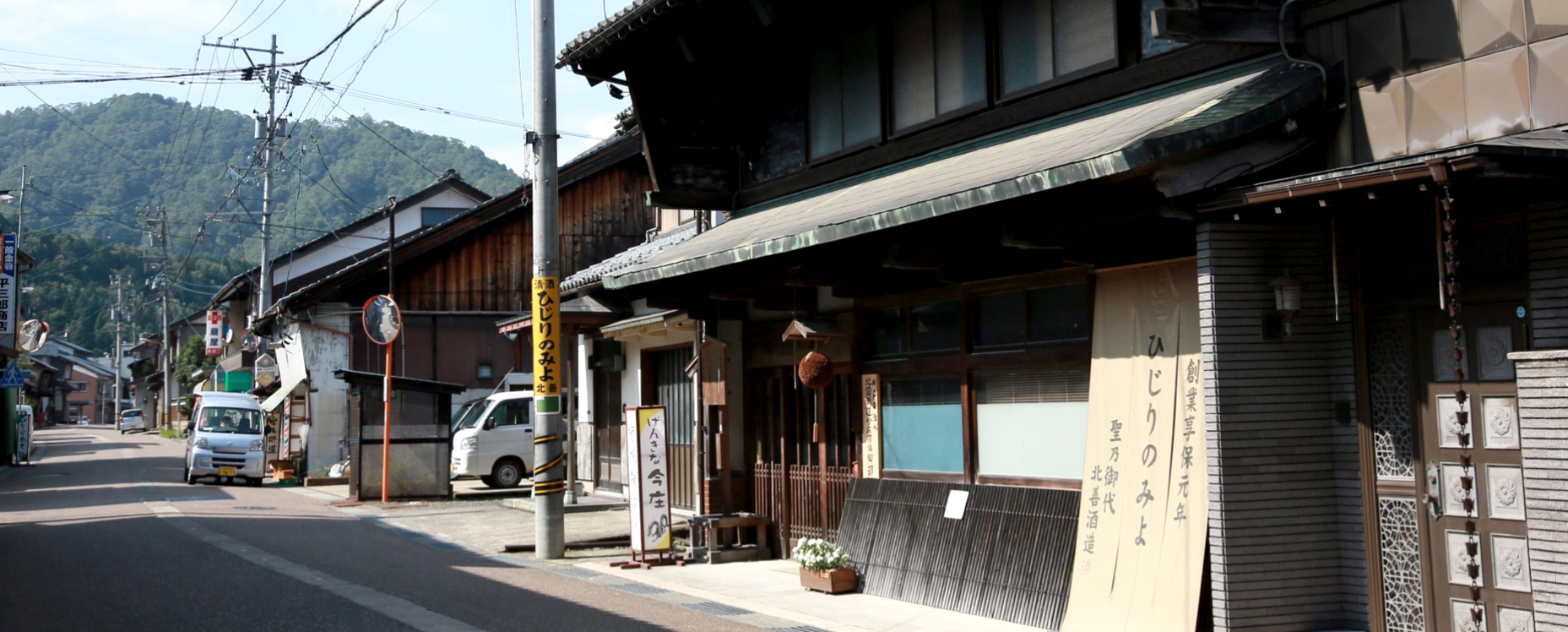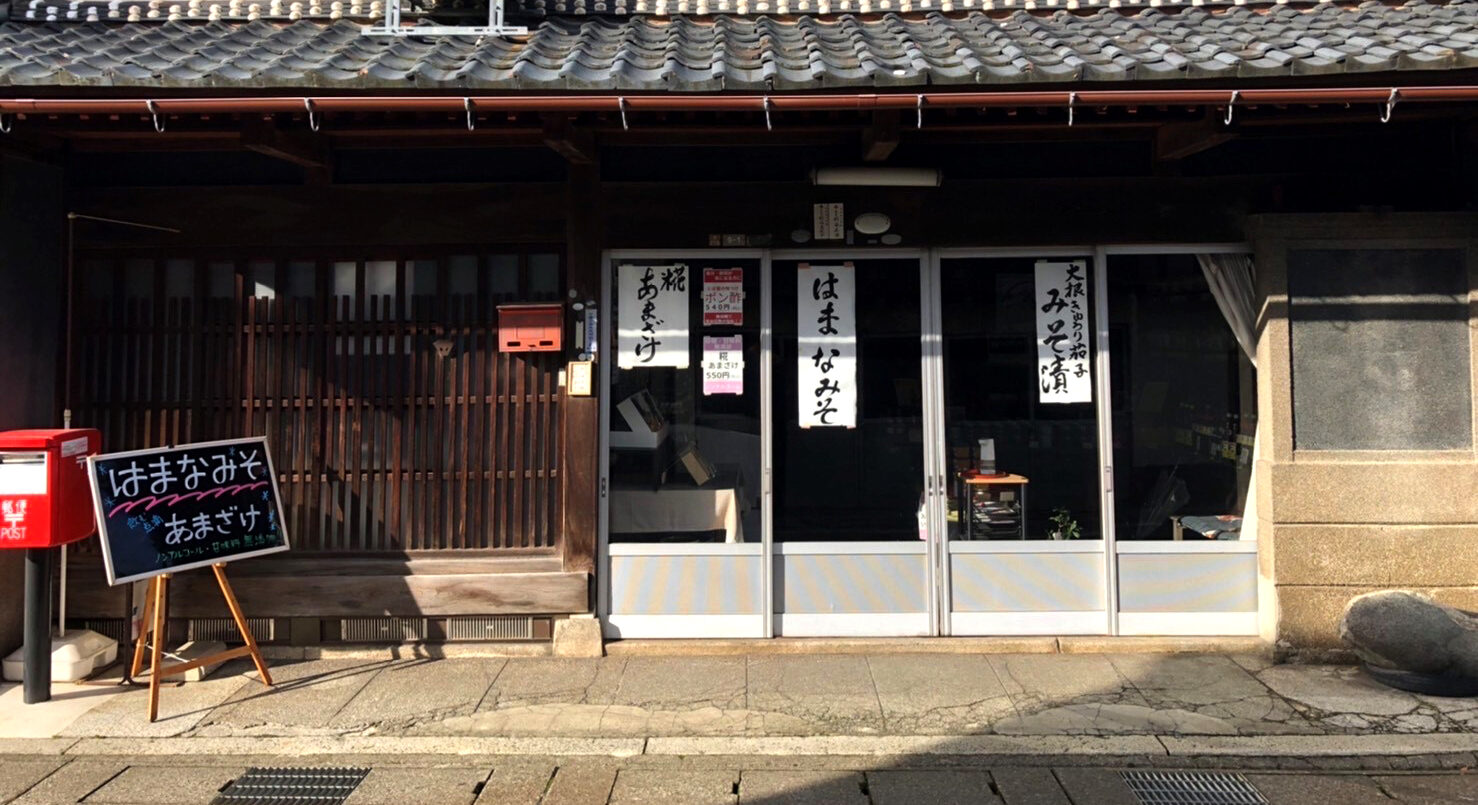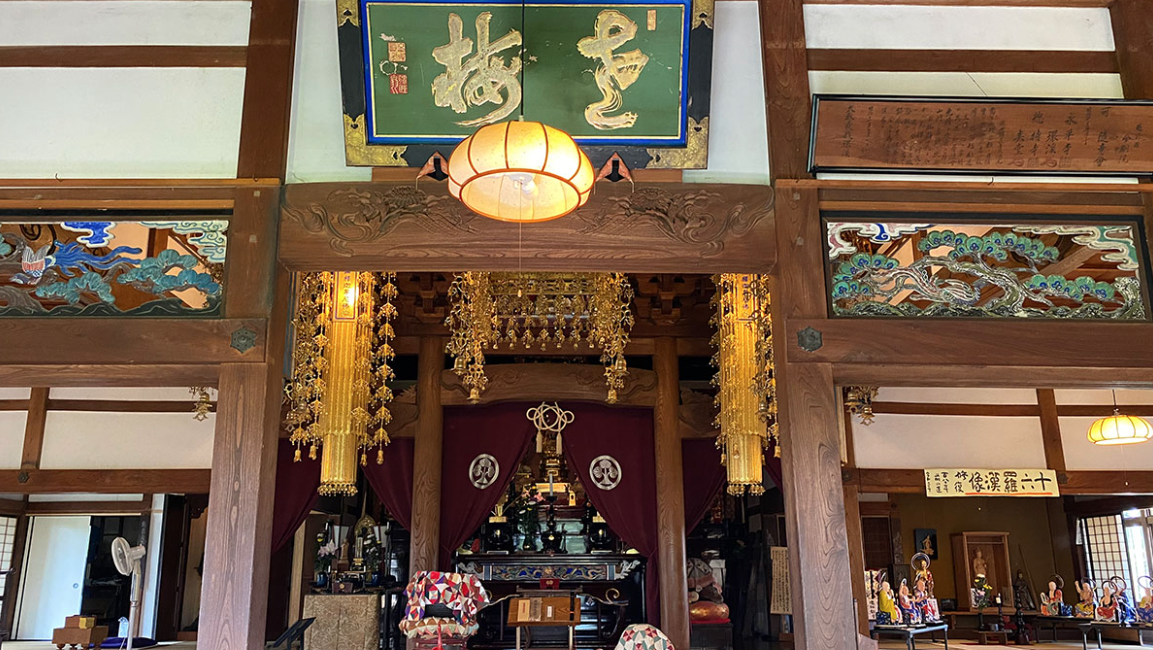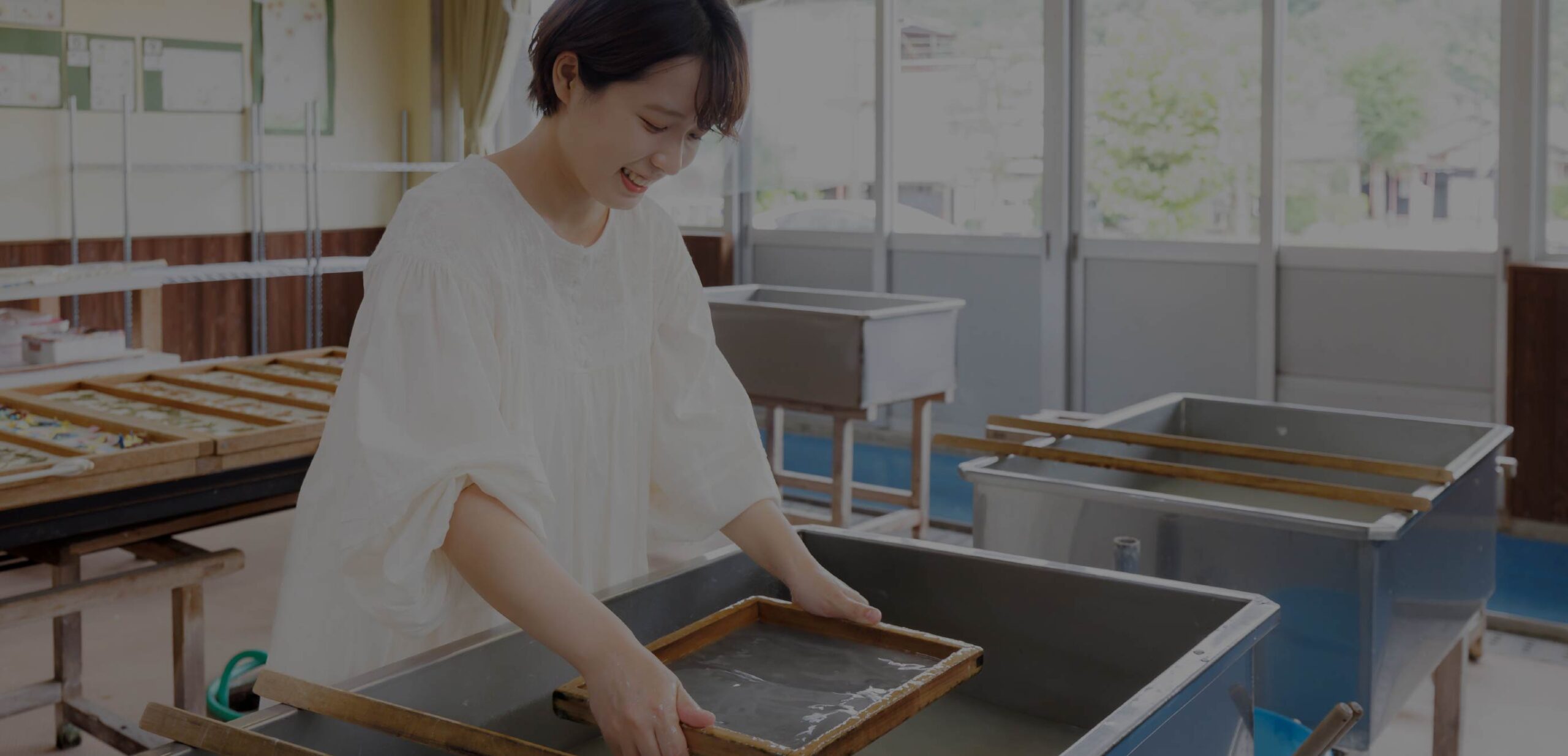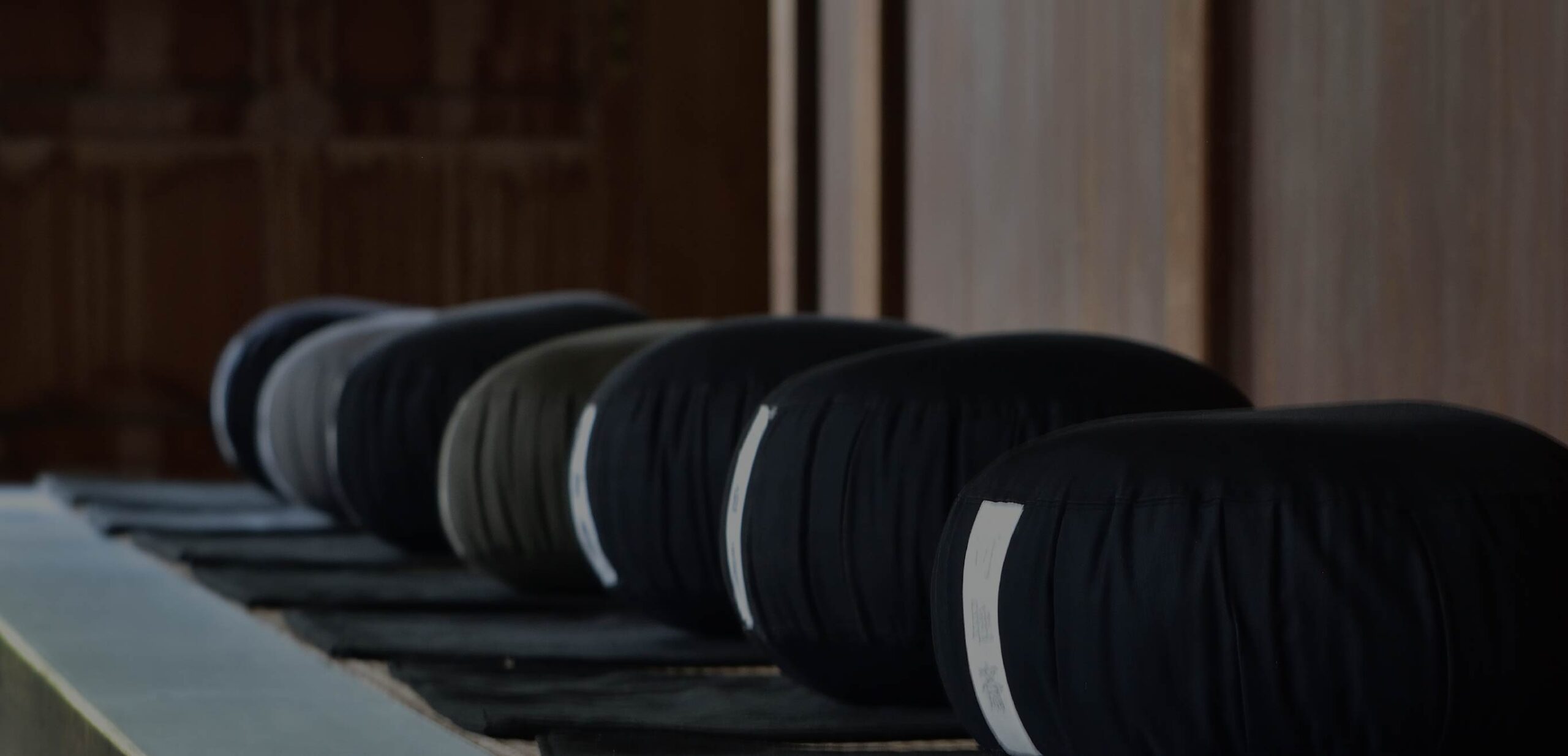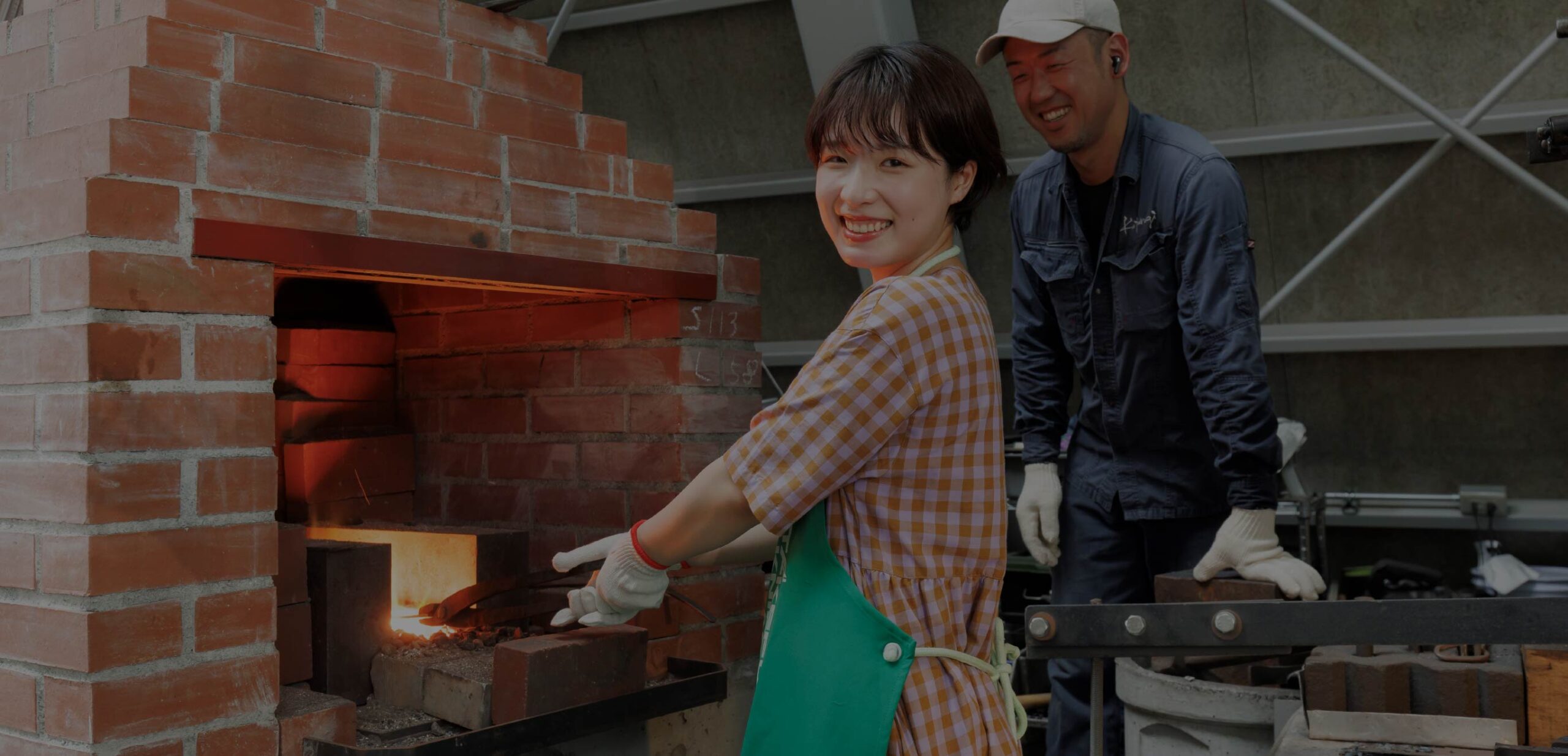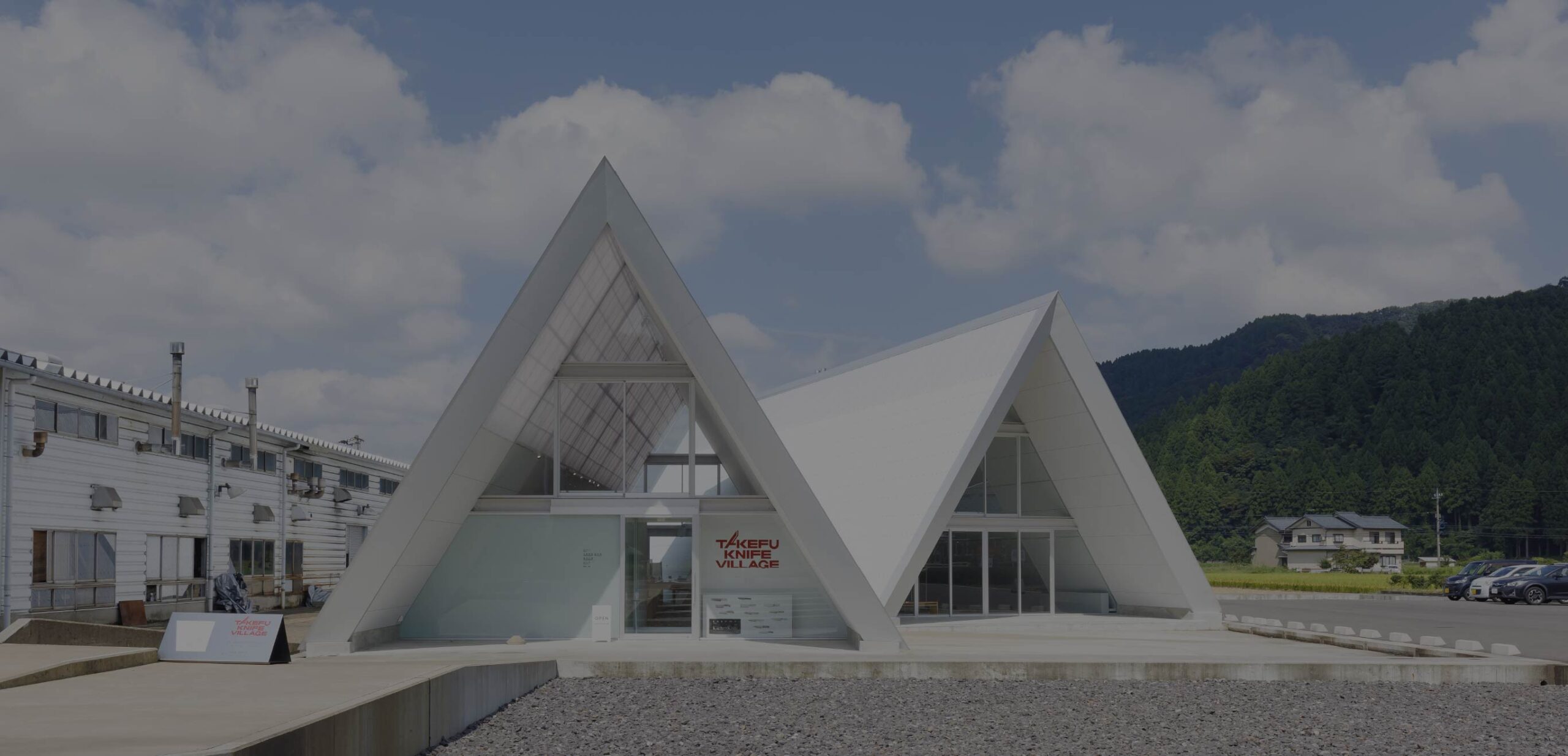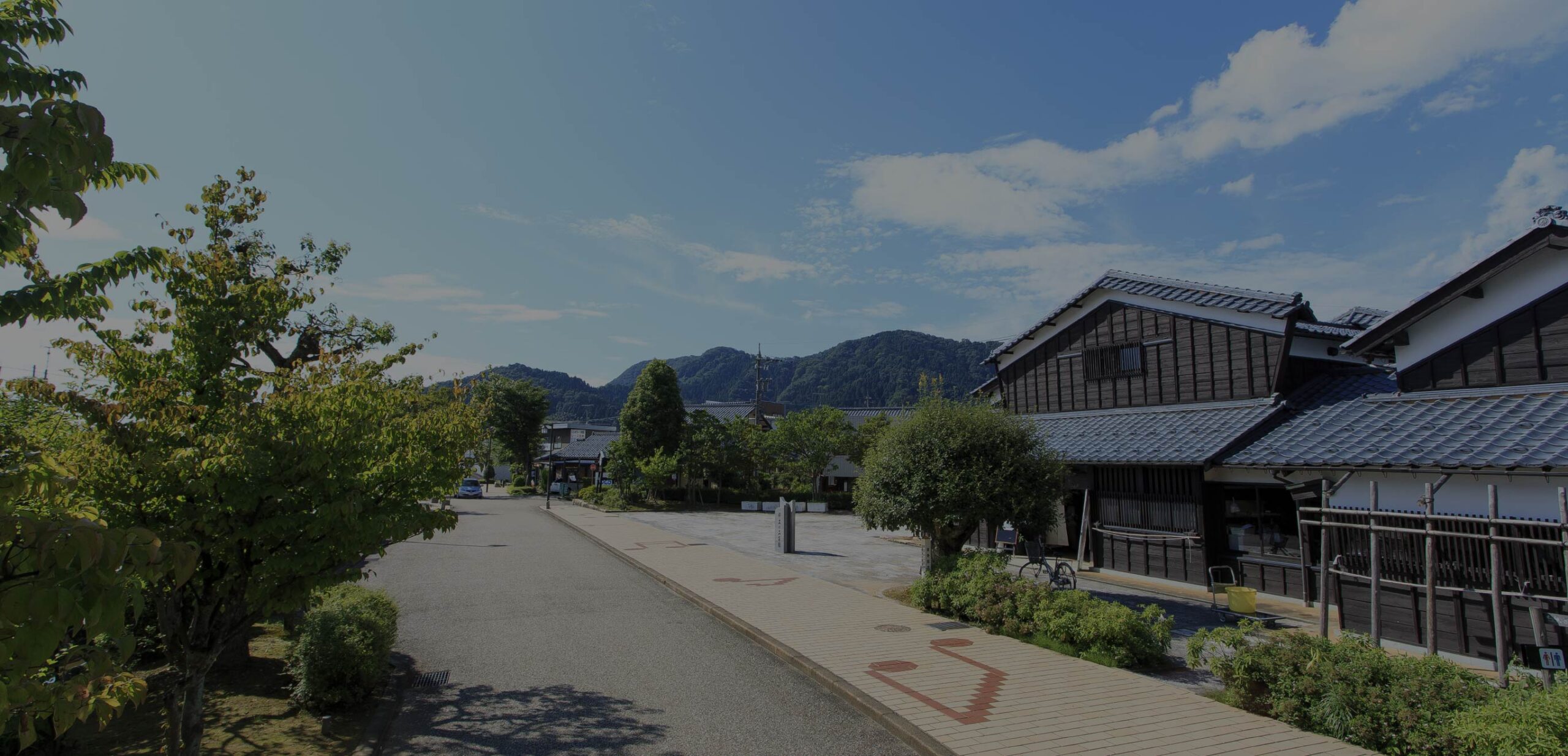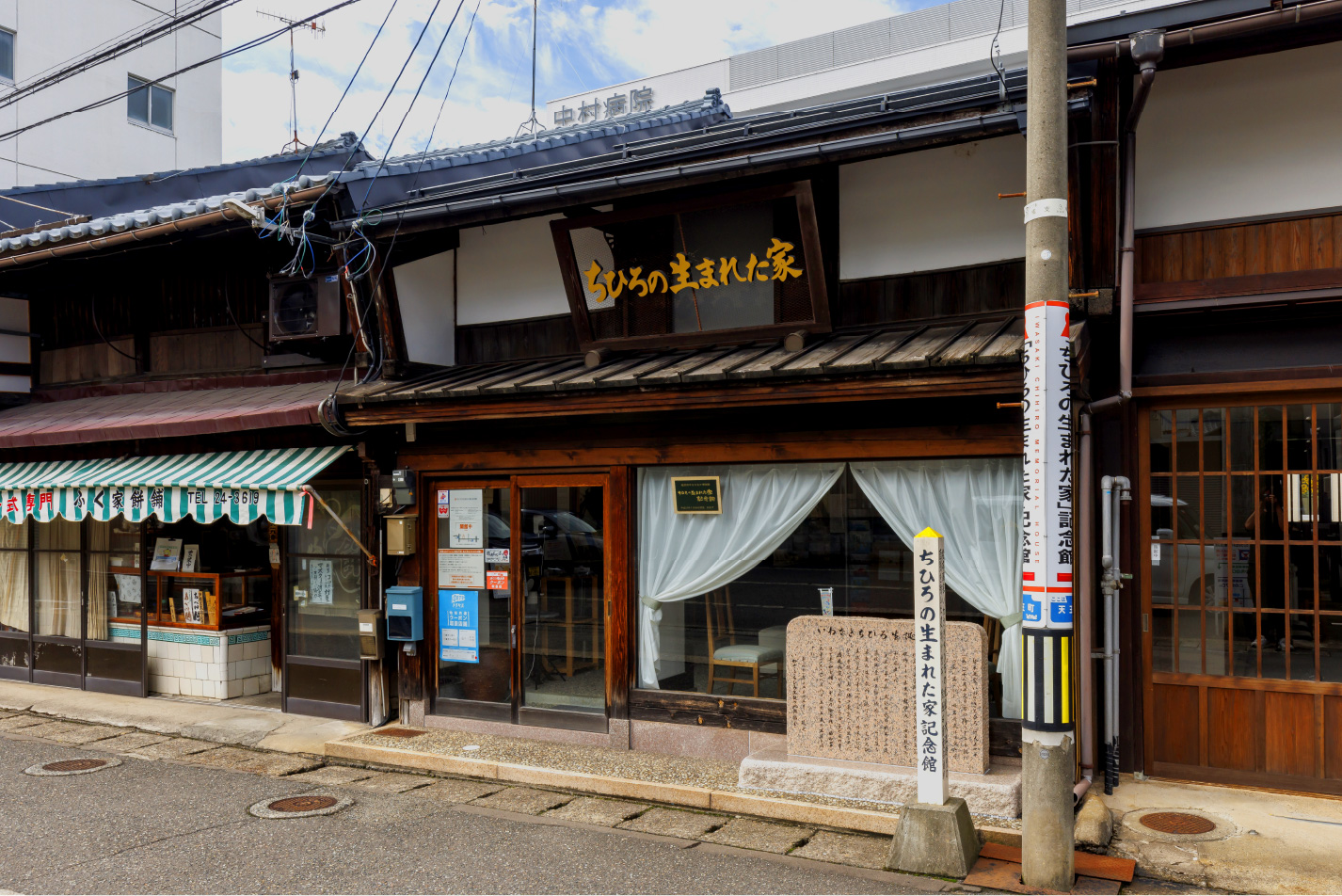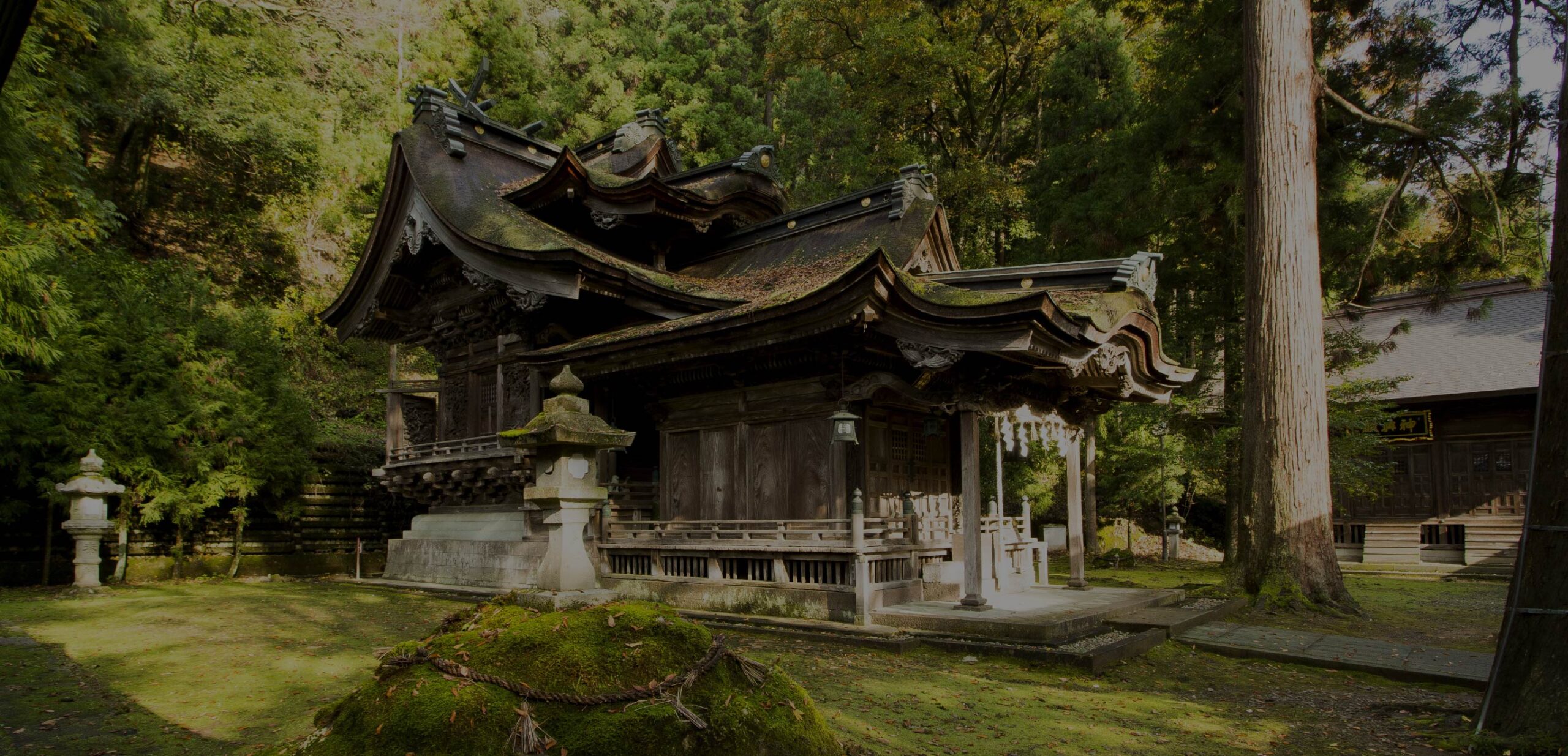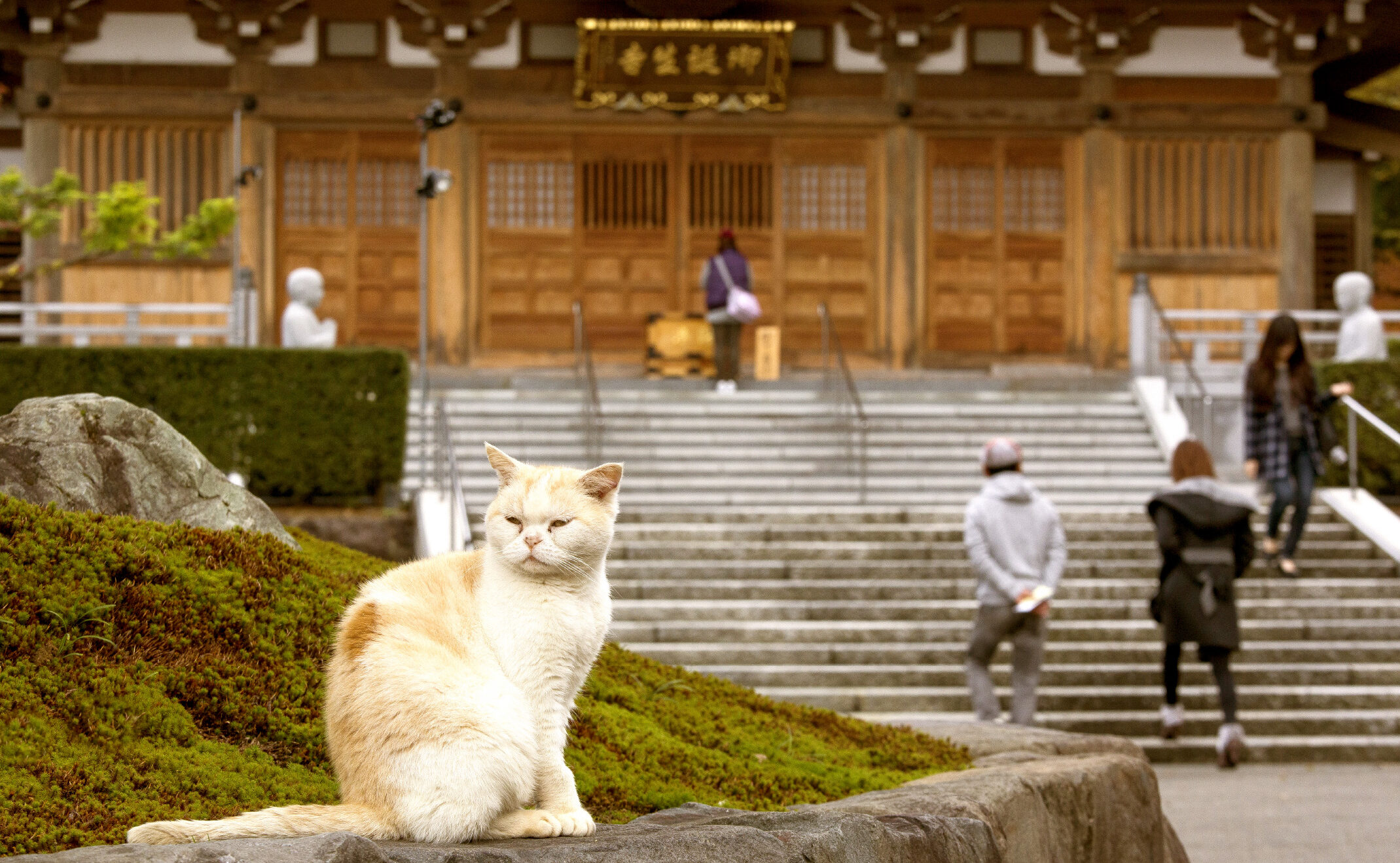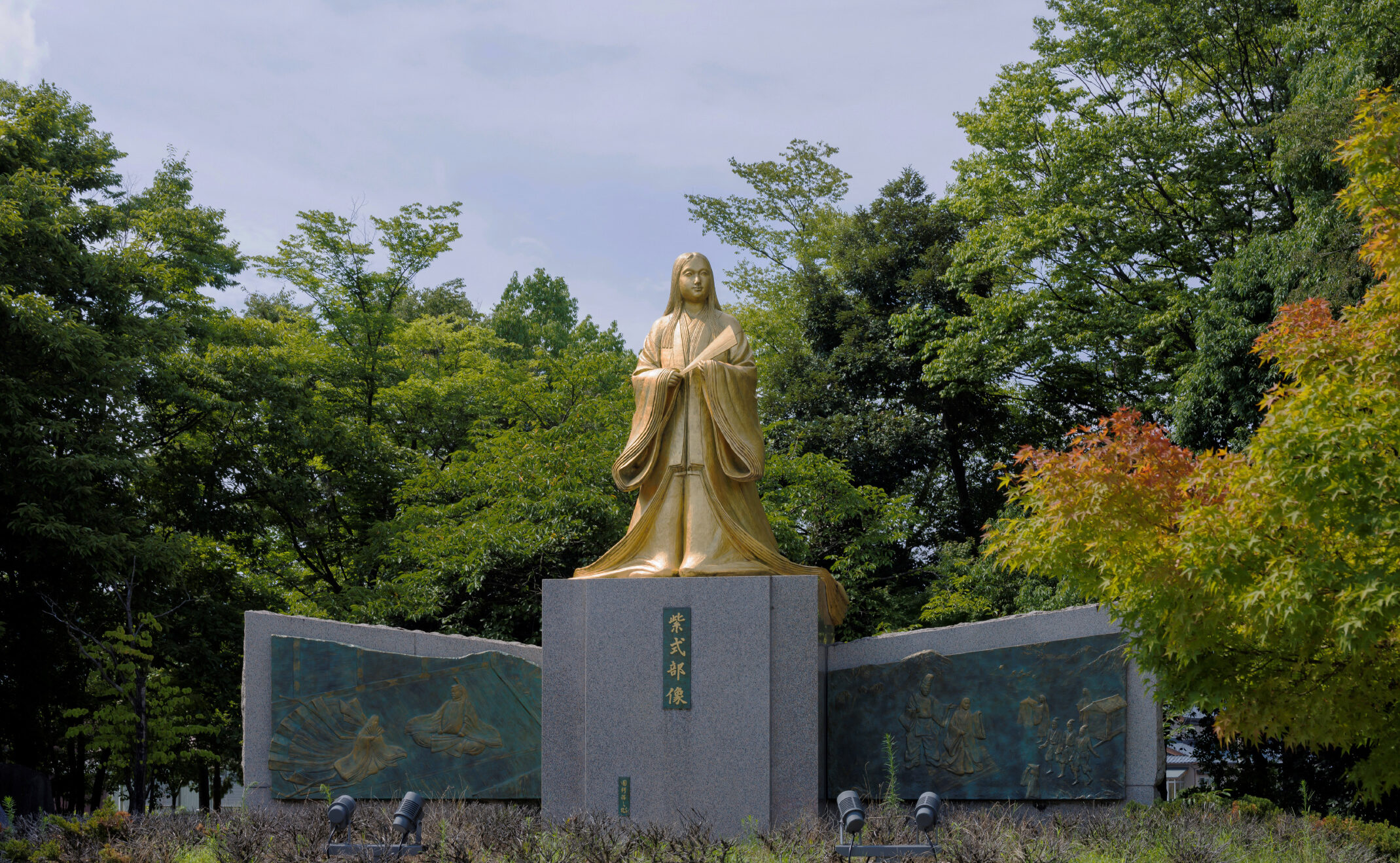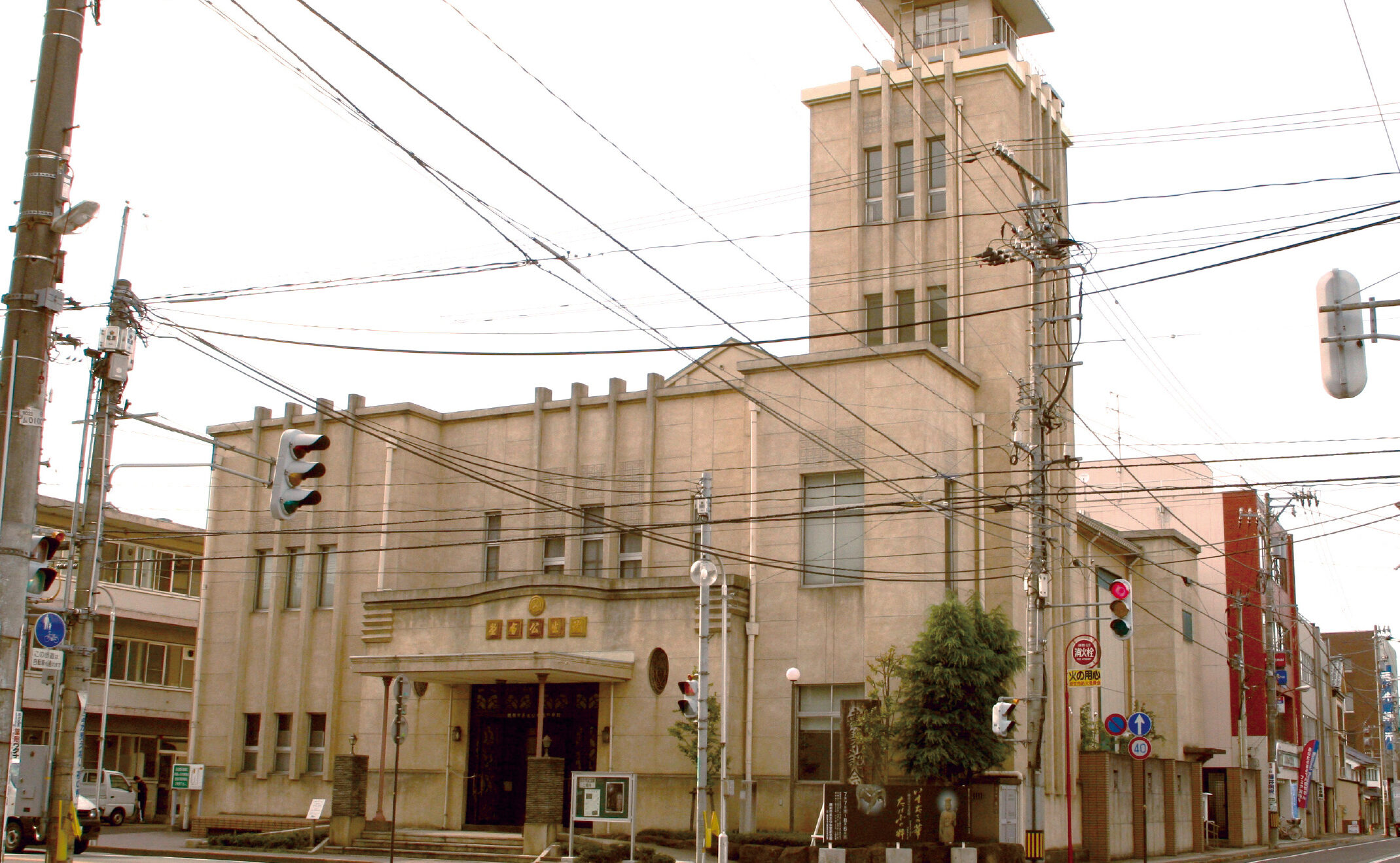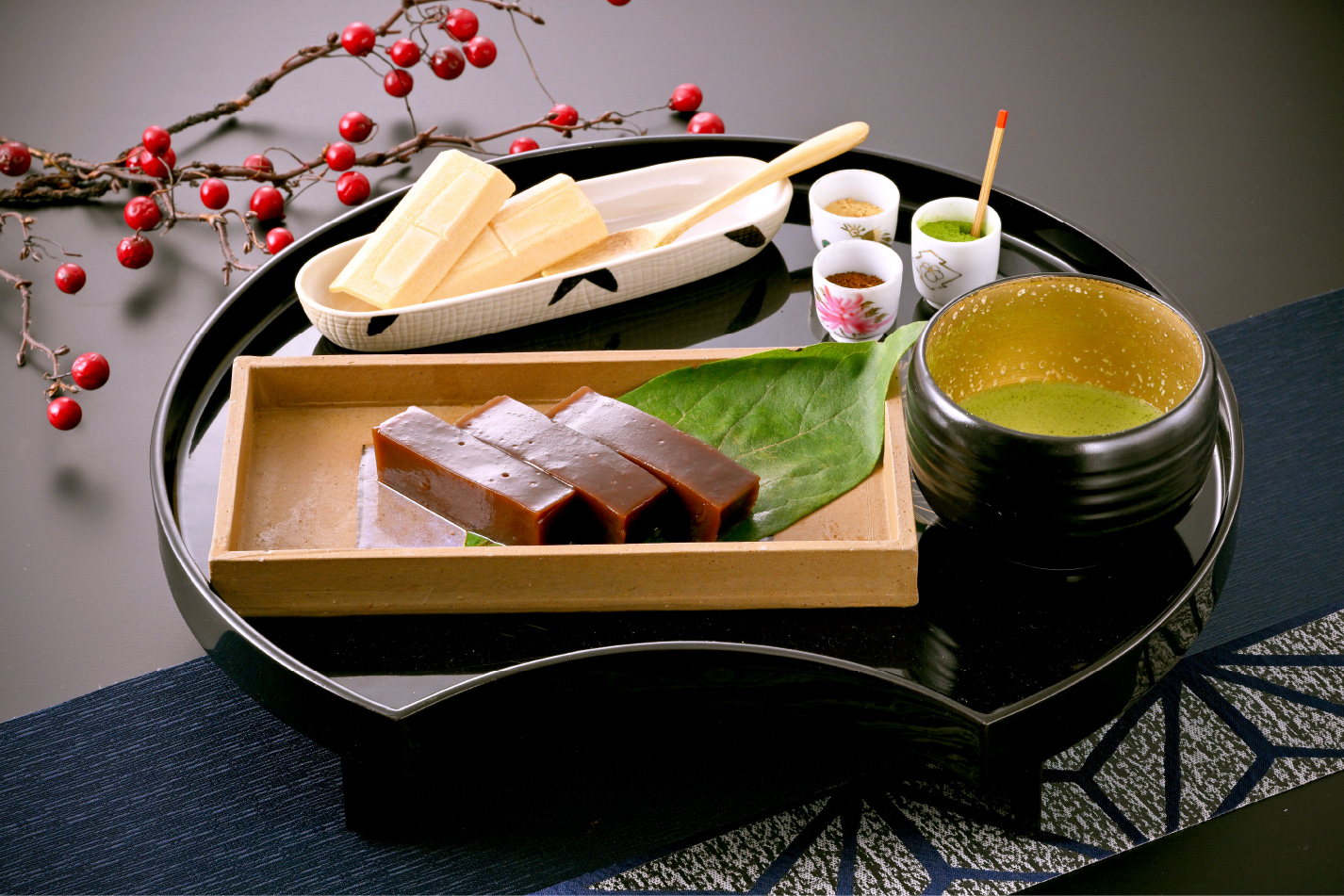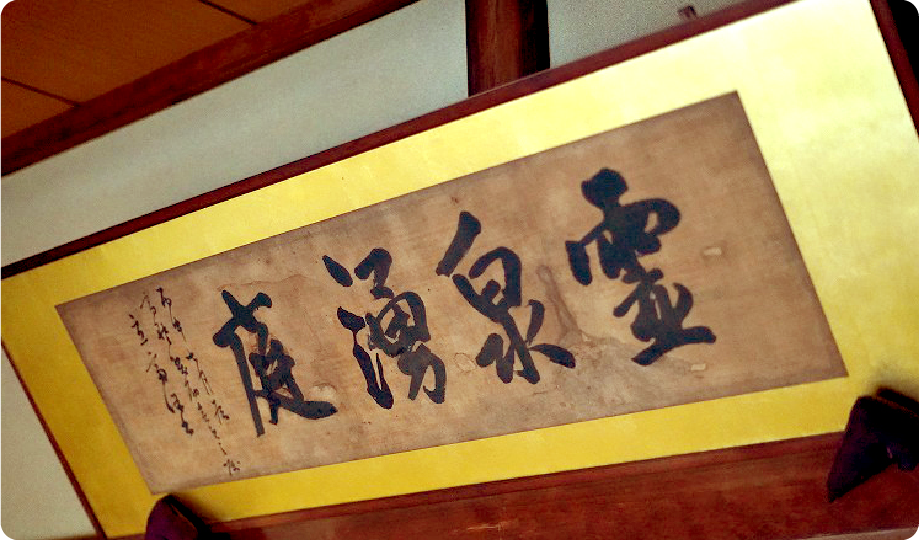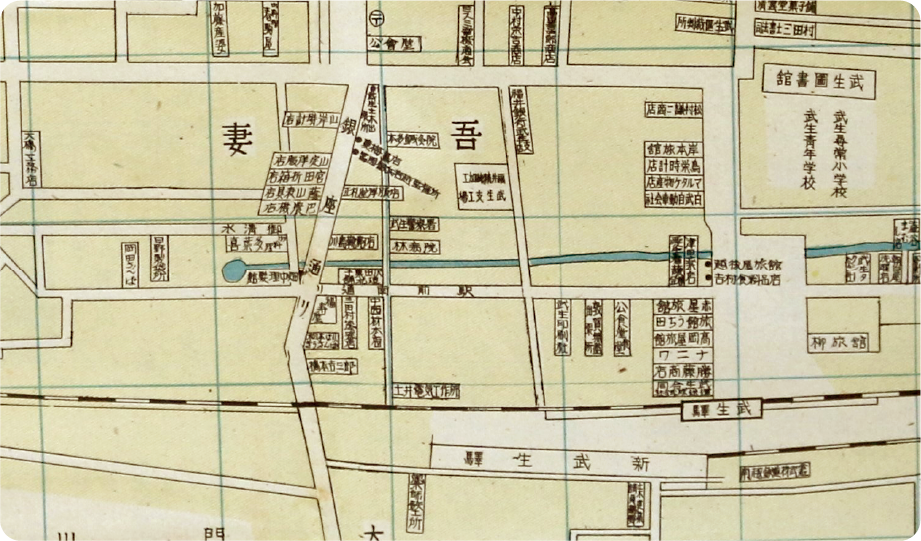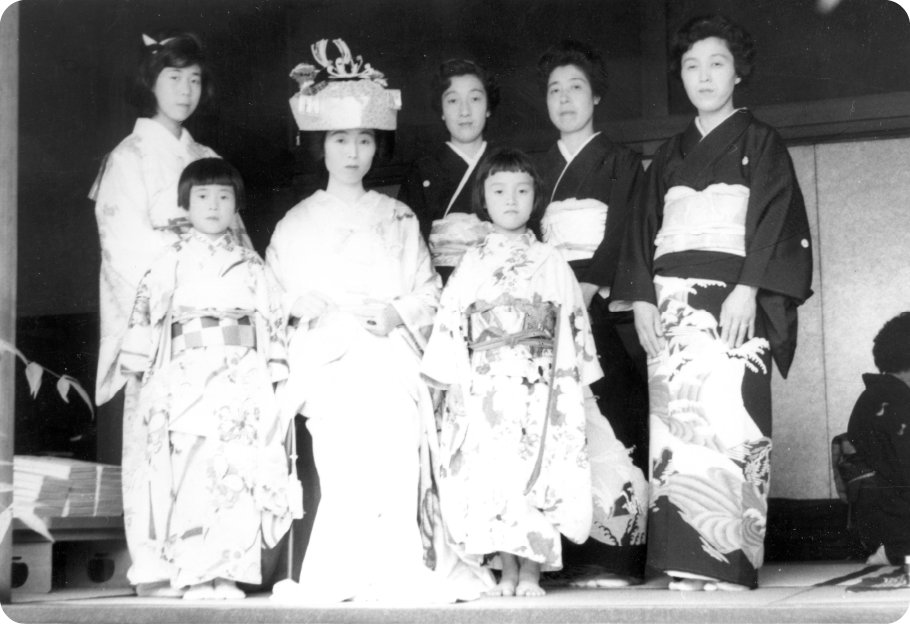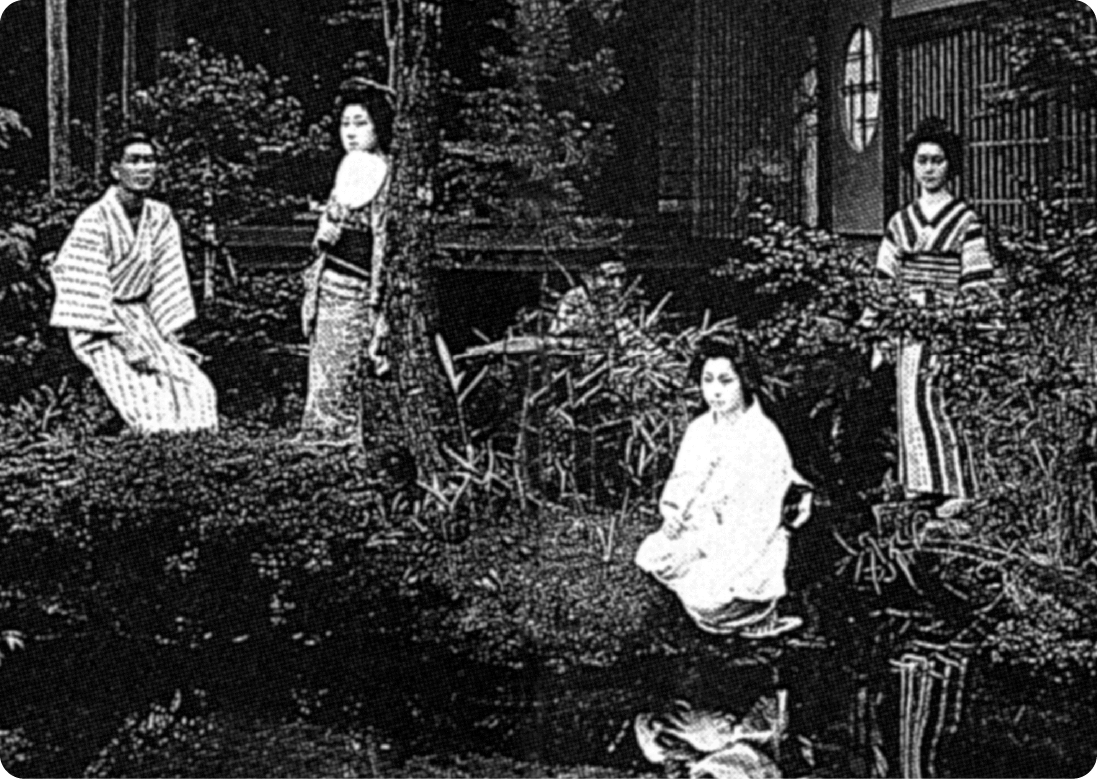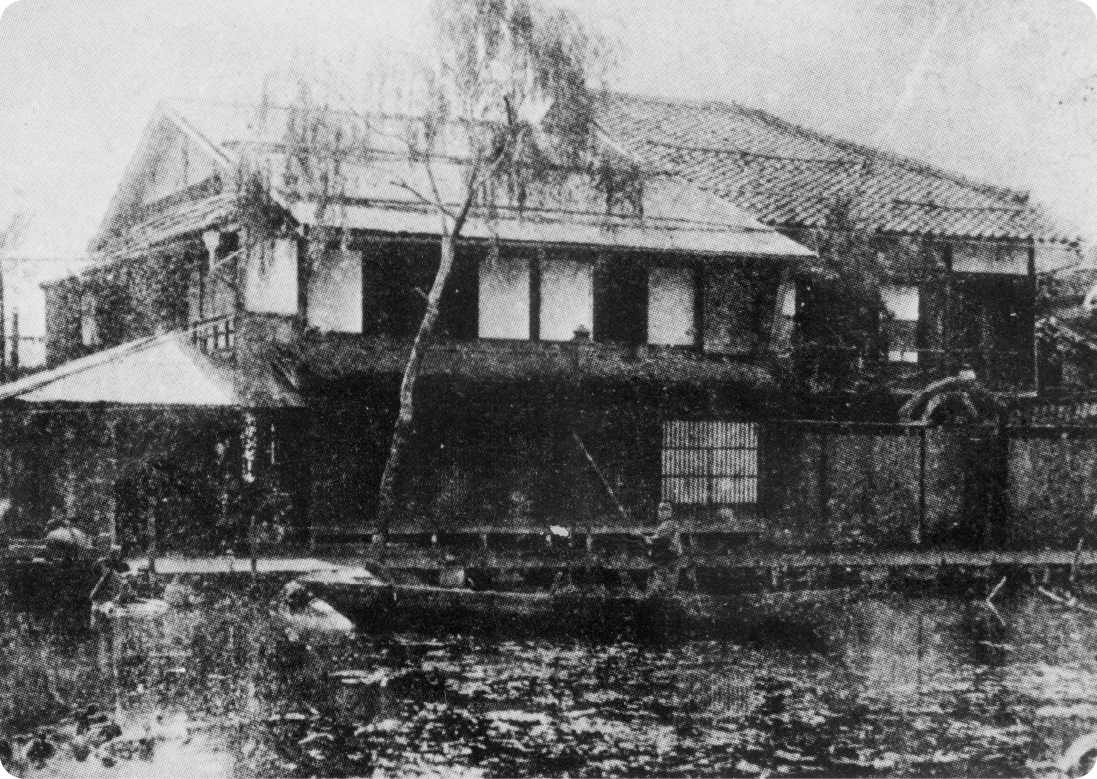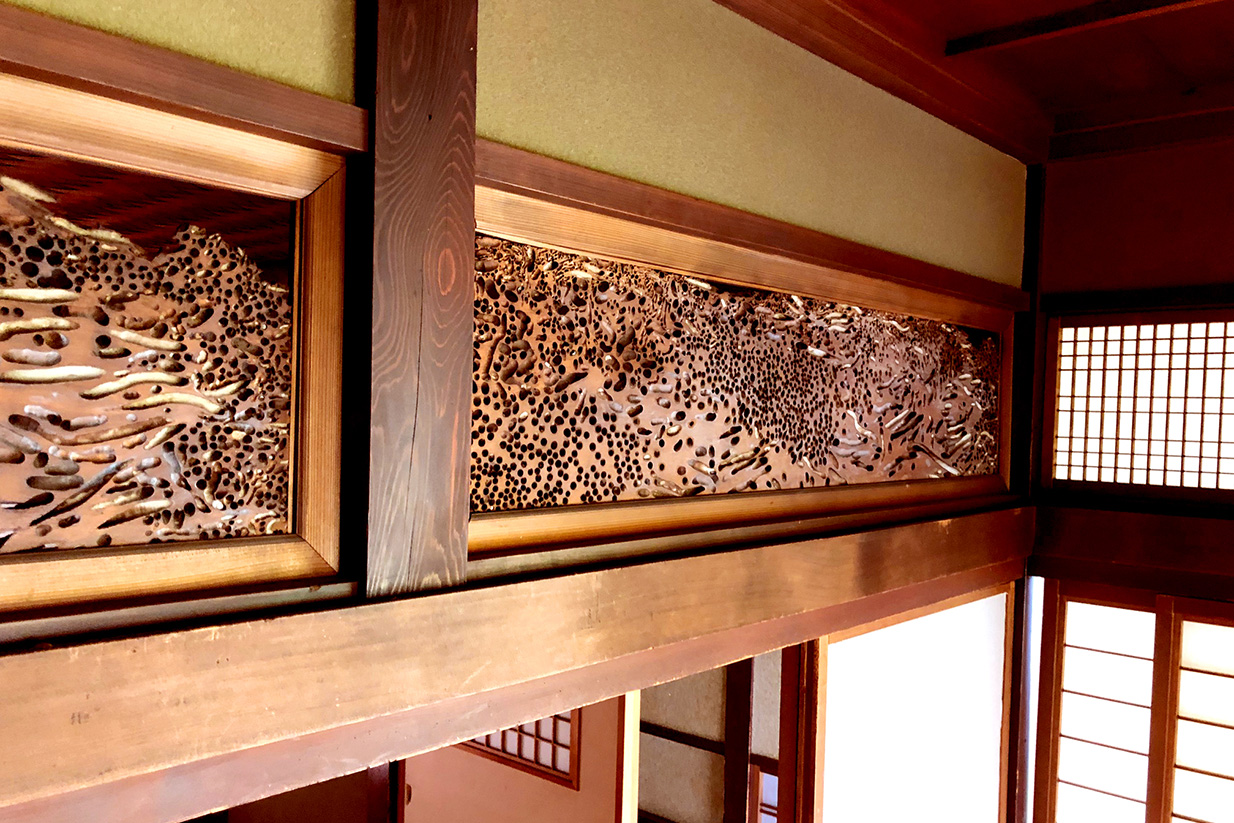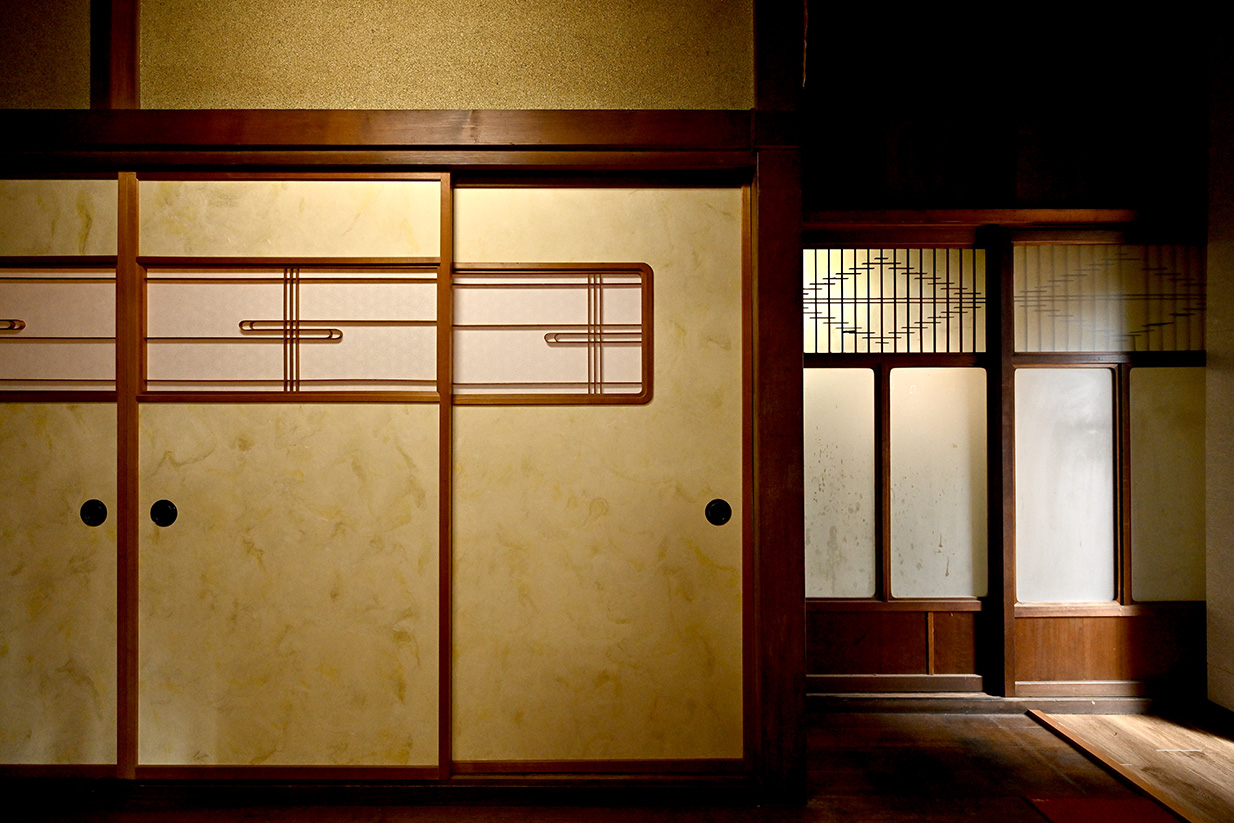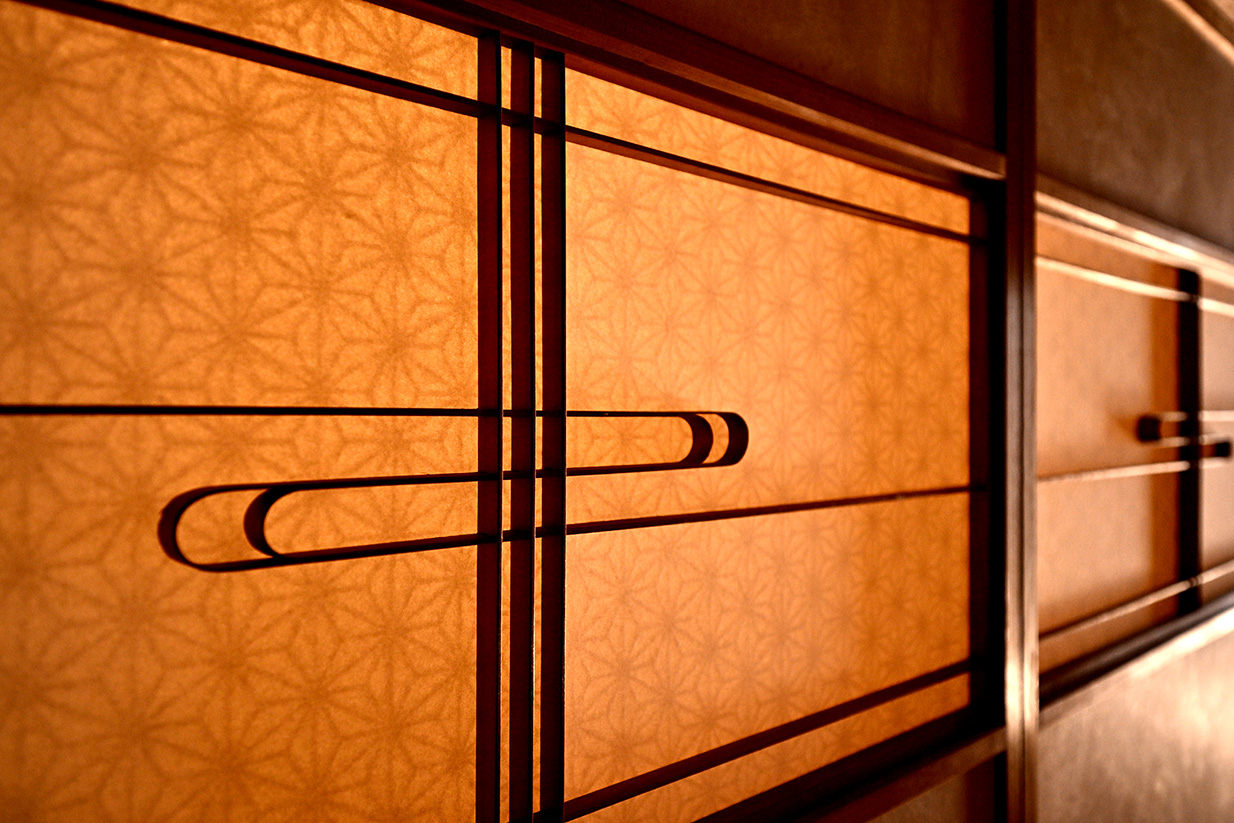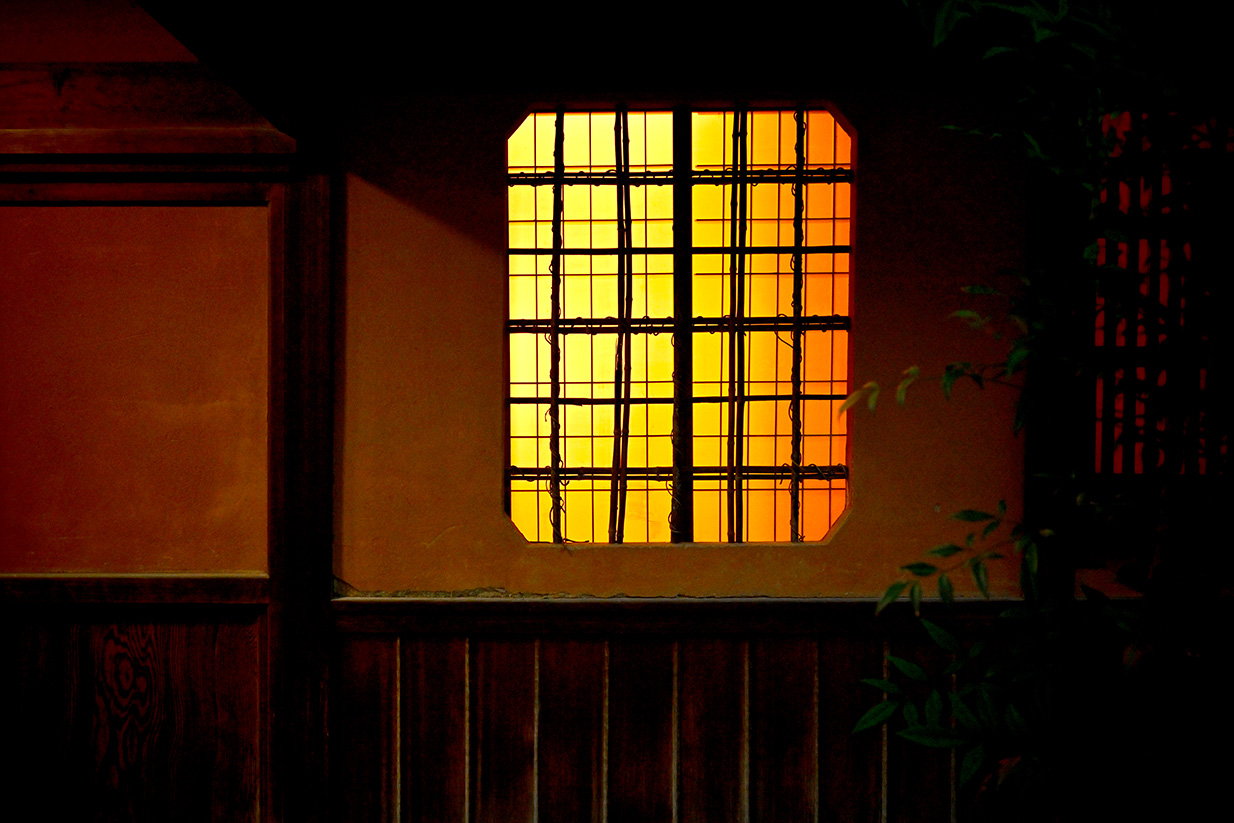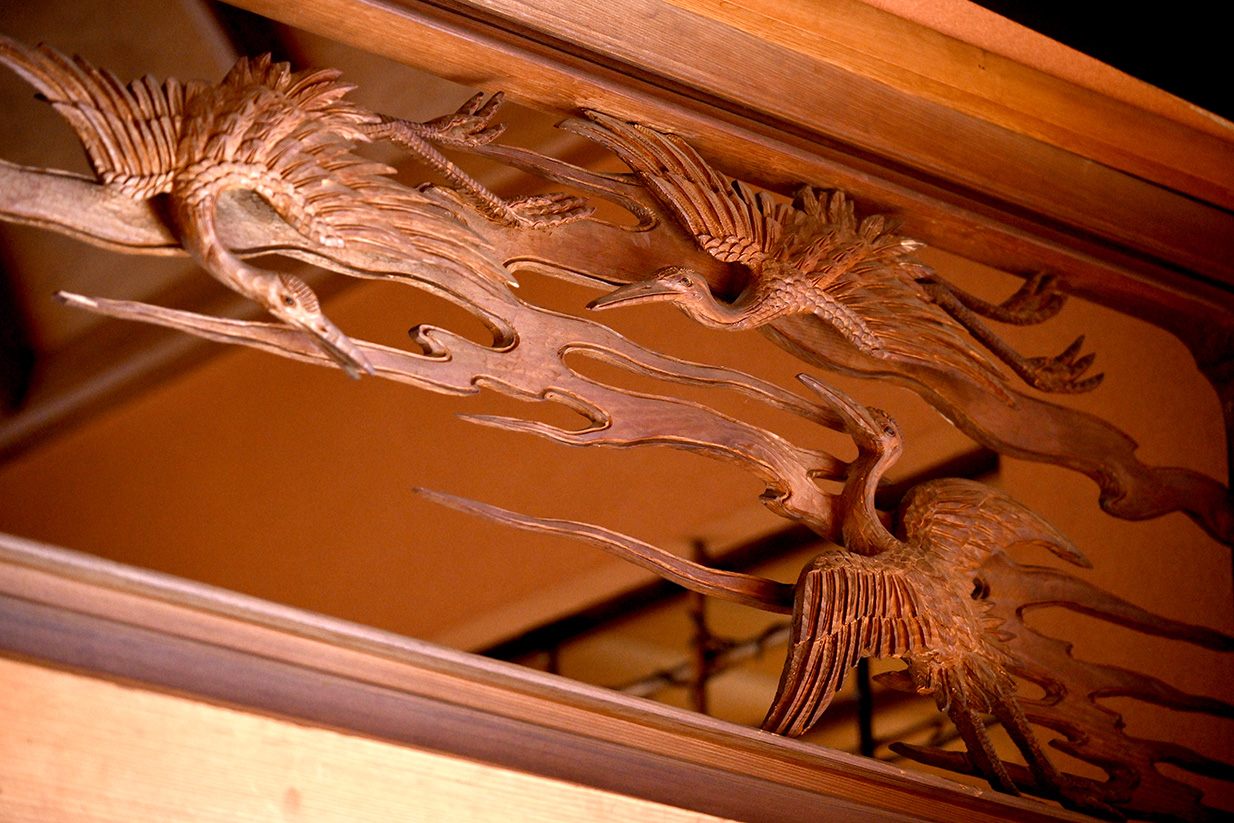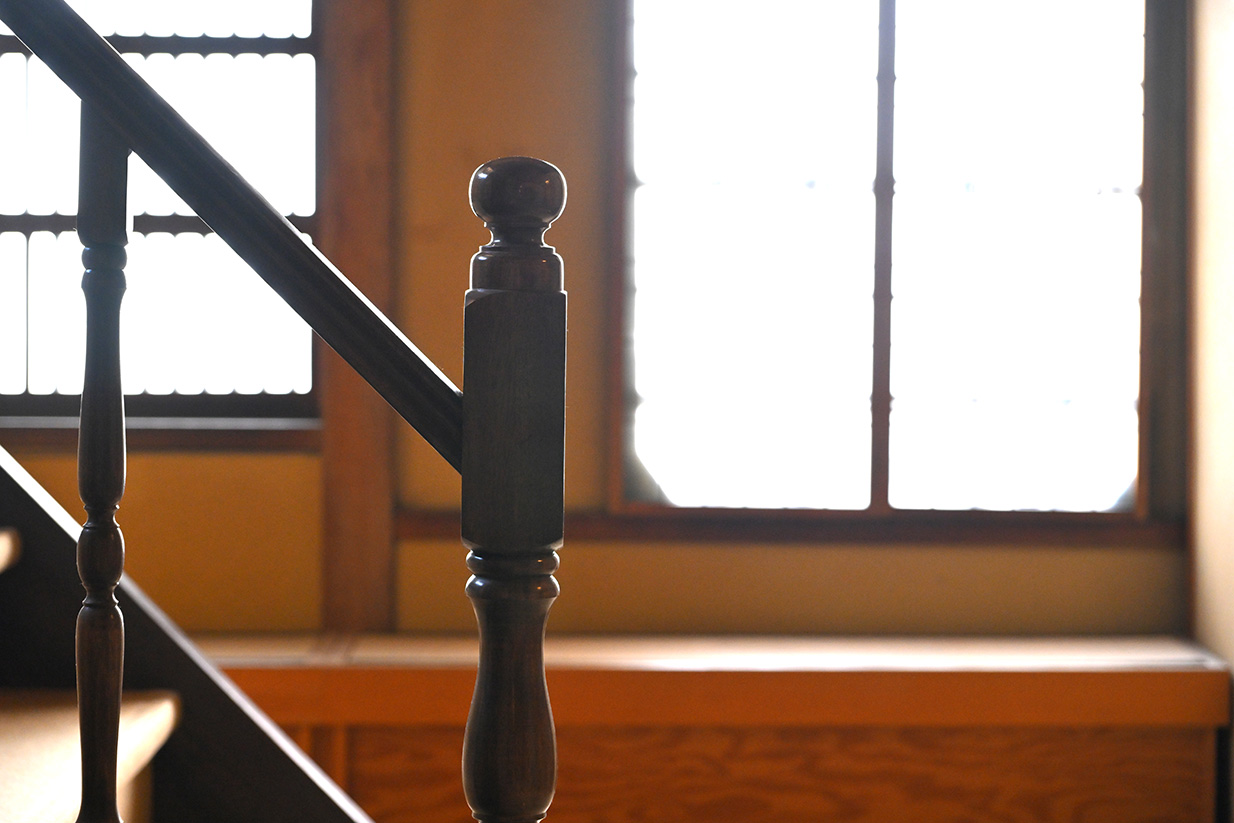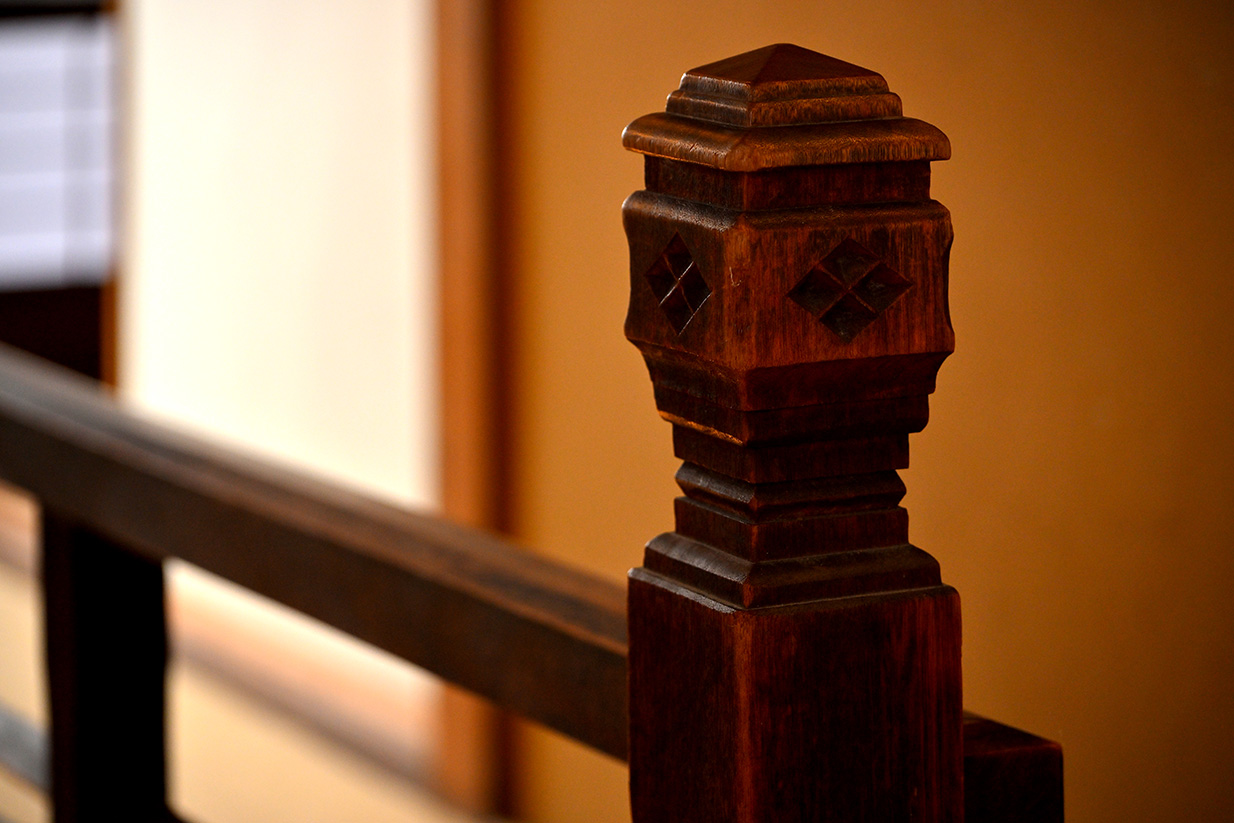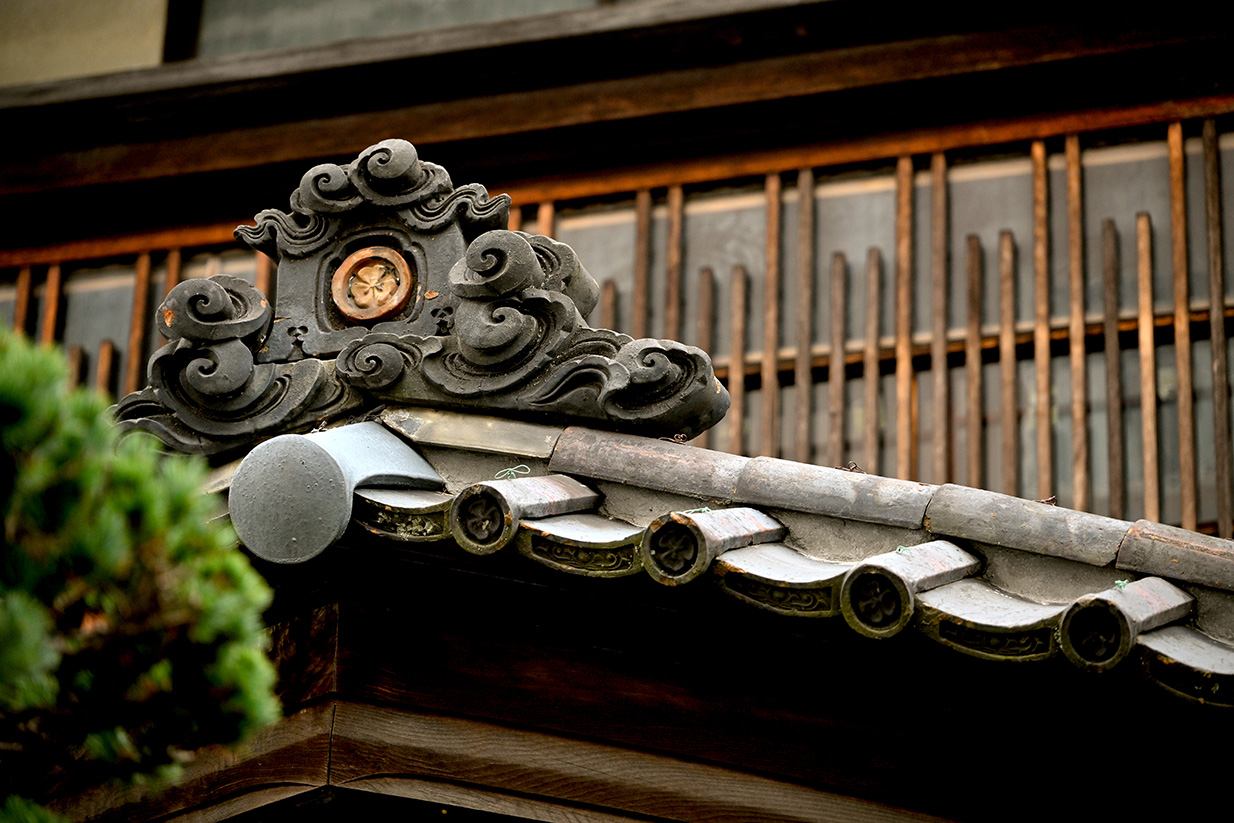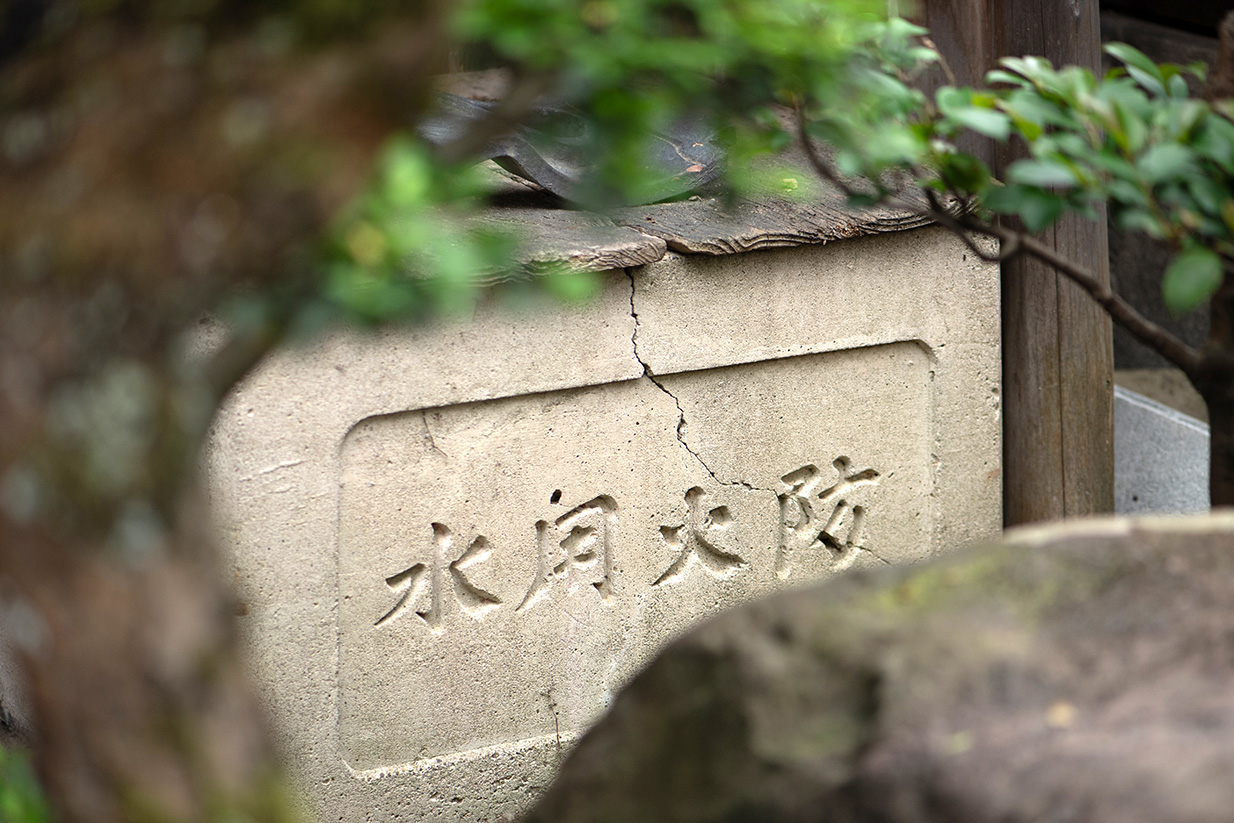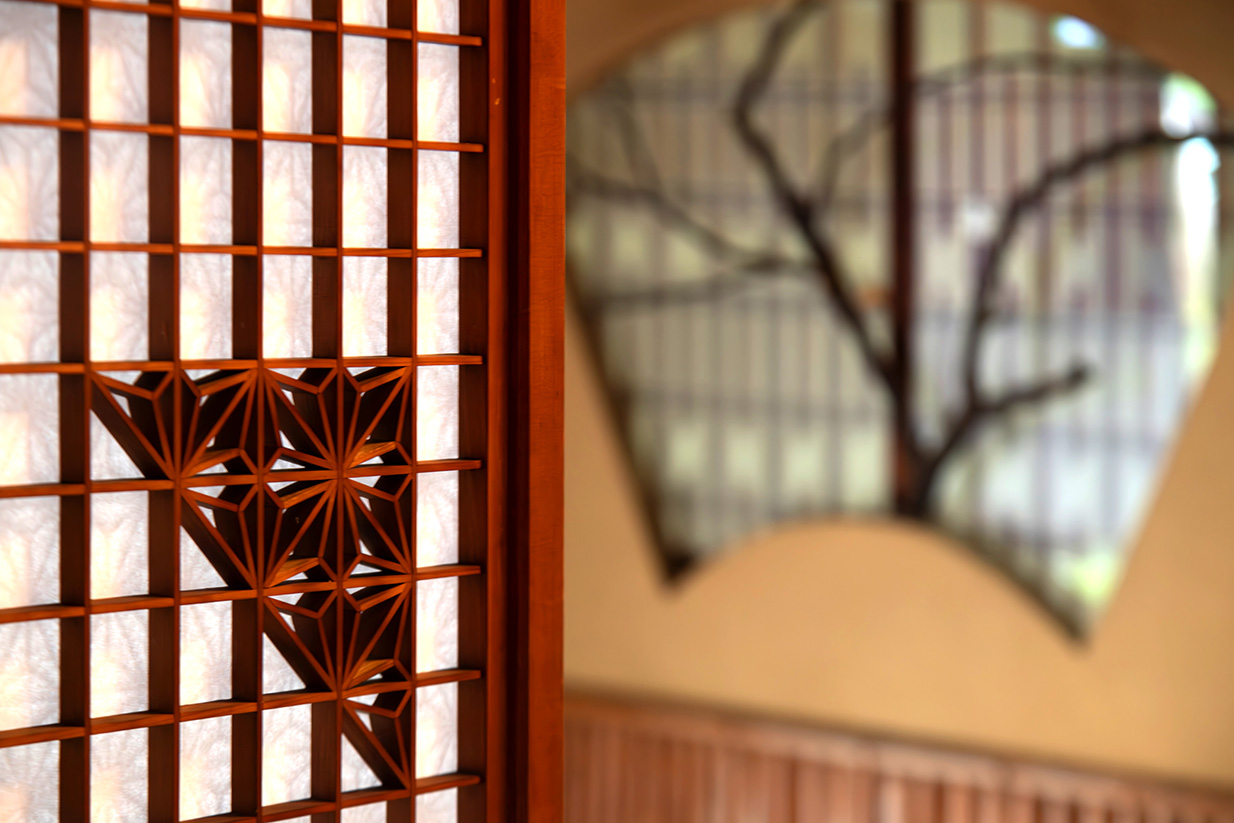History
Echizen City and Takefu have been blessed with abundant pure water since ancient times. This is due to the springs emerging in various places from the Hino River and its tributaries. This land flourished from the Kofun period (300s AD) thanks to its rich water sources.
Until around 1860, a castle stood near the current Echizen City Hall, and the location where Tabaki now stands was within the castle's surrounding moat. Over time, the moat was filled in and leveled, and Tabaki was built in 1892. In the summer, they used to host events where Japanese sweets (like tokoroten and shiratama) cooled with spring water were served on boats floating in the neighboring pond, making it a popular spot since those times.
Later, the pond was also filled in, and the spring water was moved to a pond in the garden of Tabaki. 'Tabaki,' with its beautifully watered garden, has a design that allows all rooms, including various sized private rooms on the first floor and a large hall on the second floor that can accommodate over 100 people, to view the garden. It became known to dining guests as the 'garden with a spiritual spring.'
At the time, there were not many large facilities like Tabaki, which served as a venue for various ceremonies including weddings and funerals. It also held important political meetings, negotiations, and secret talks. It is said that Tabaki played various roles in the history, politics, and culture of Echizen City and Takefu.
Since its establishment, Tabaki was expanded around 1900 and the 1920s, with most of the construction carried out by traditional craftsmen of the time. The passion and dedication to this ryotei can be strongly felt in every detail.
Unfortunately, Tabaki ceased to operate as a ryotei in 2019, but four years later, it was reborn as a new hub in Echizen City and Takefu, now equipped with lodging facilities.


